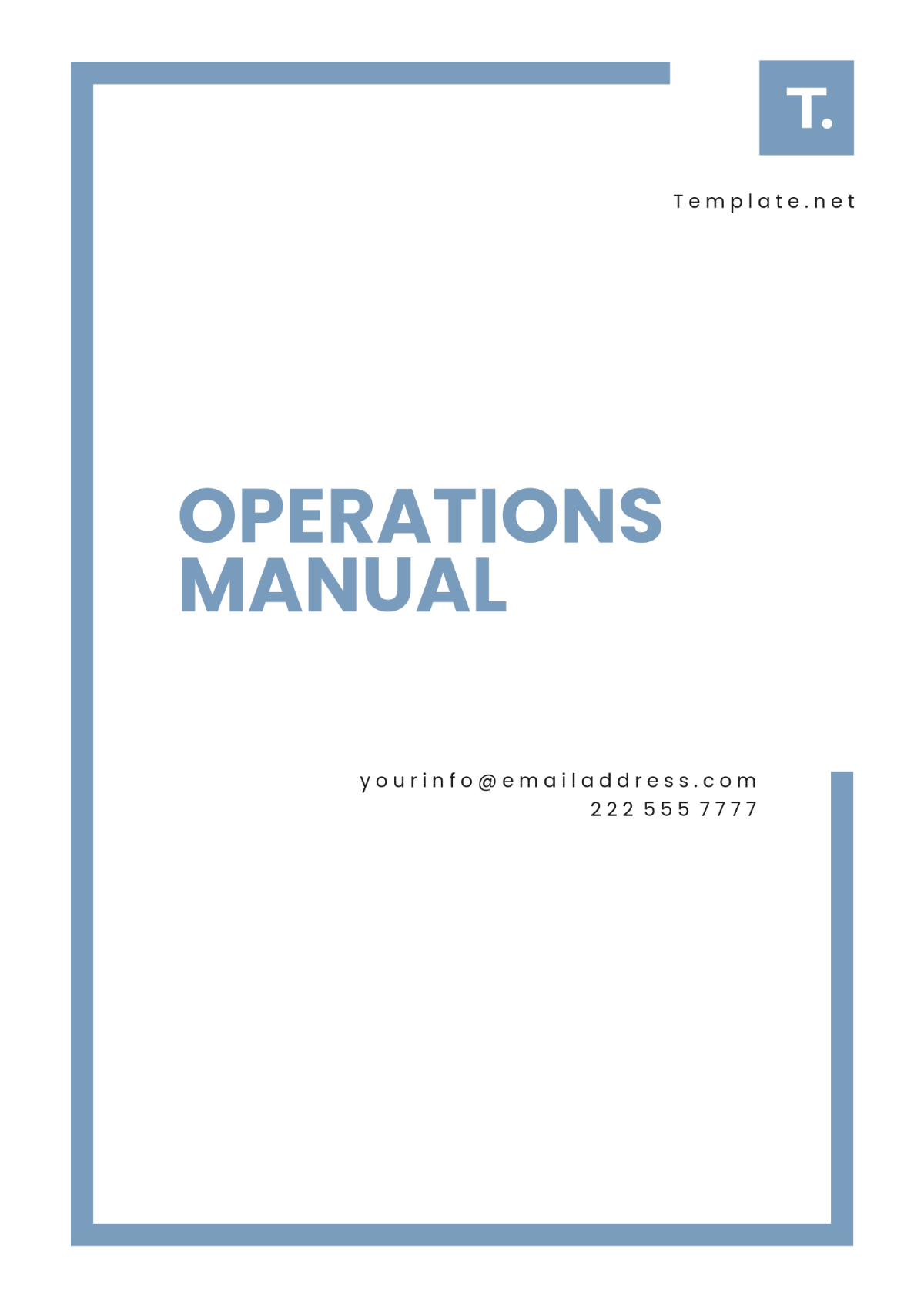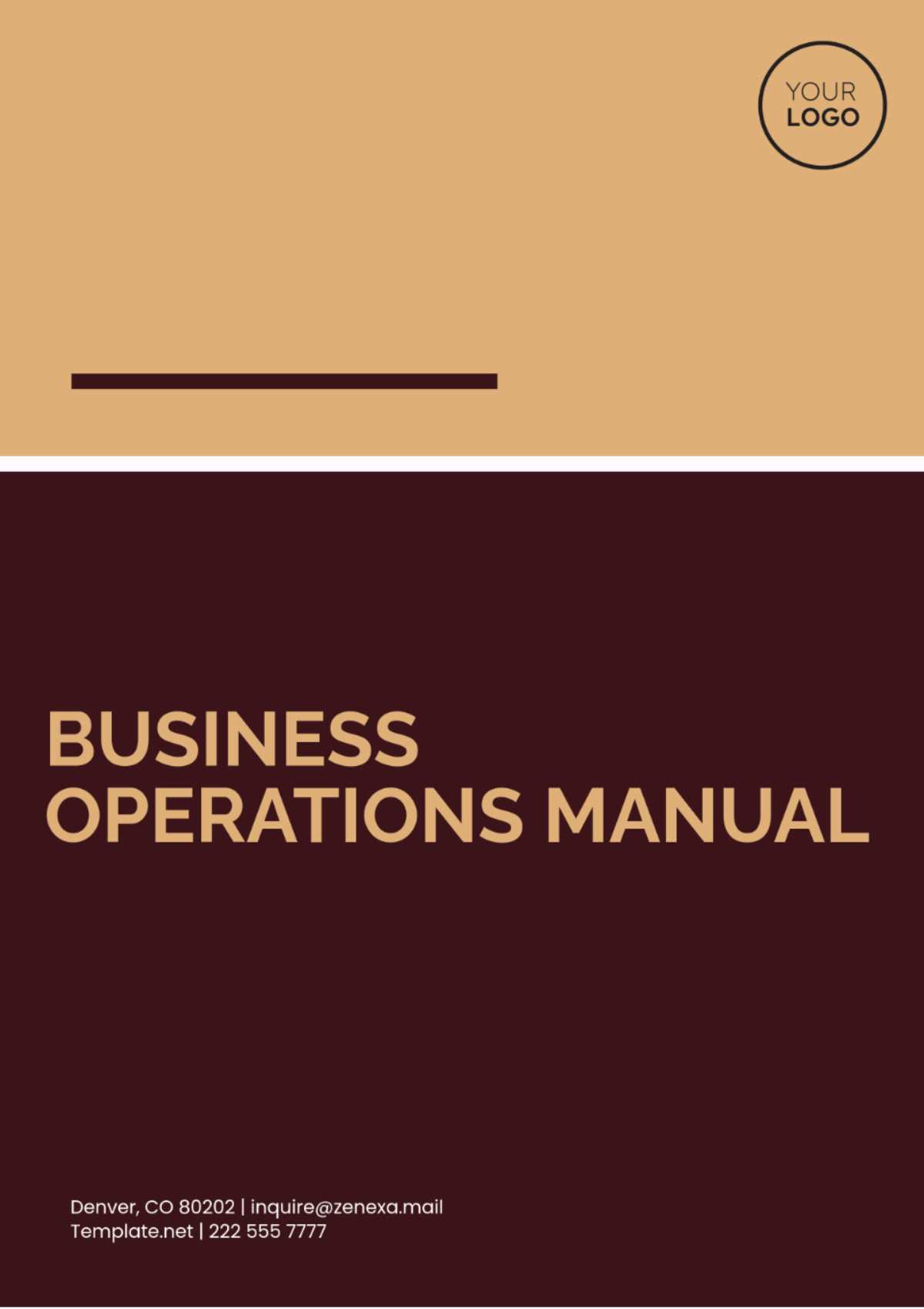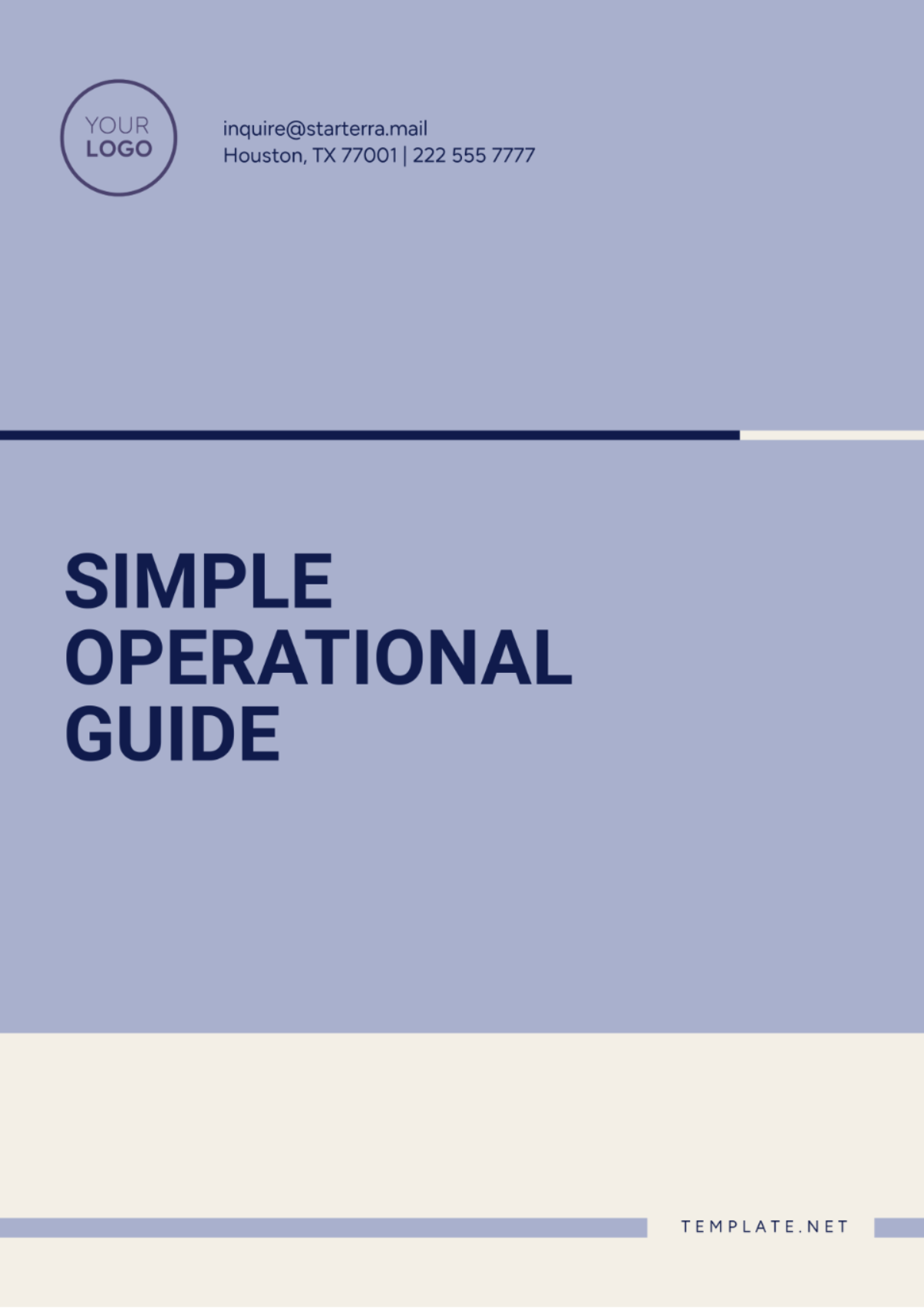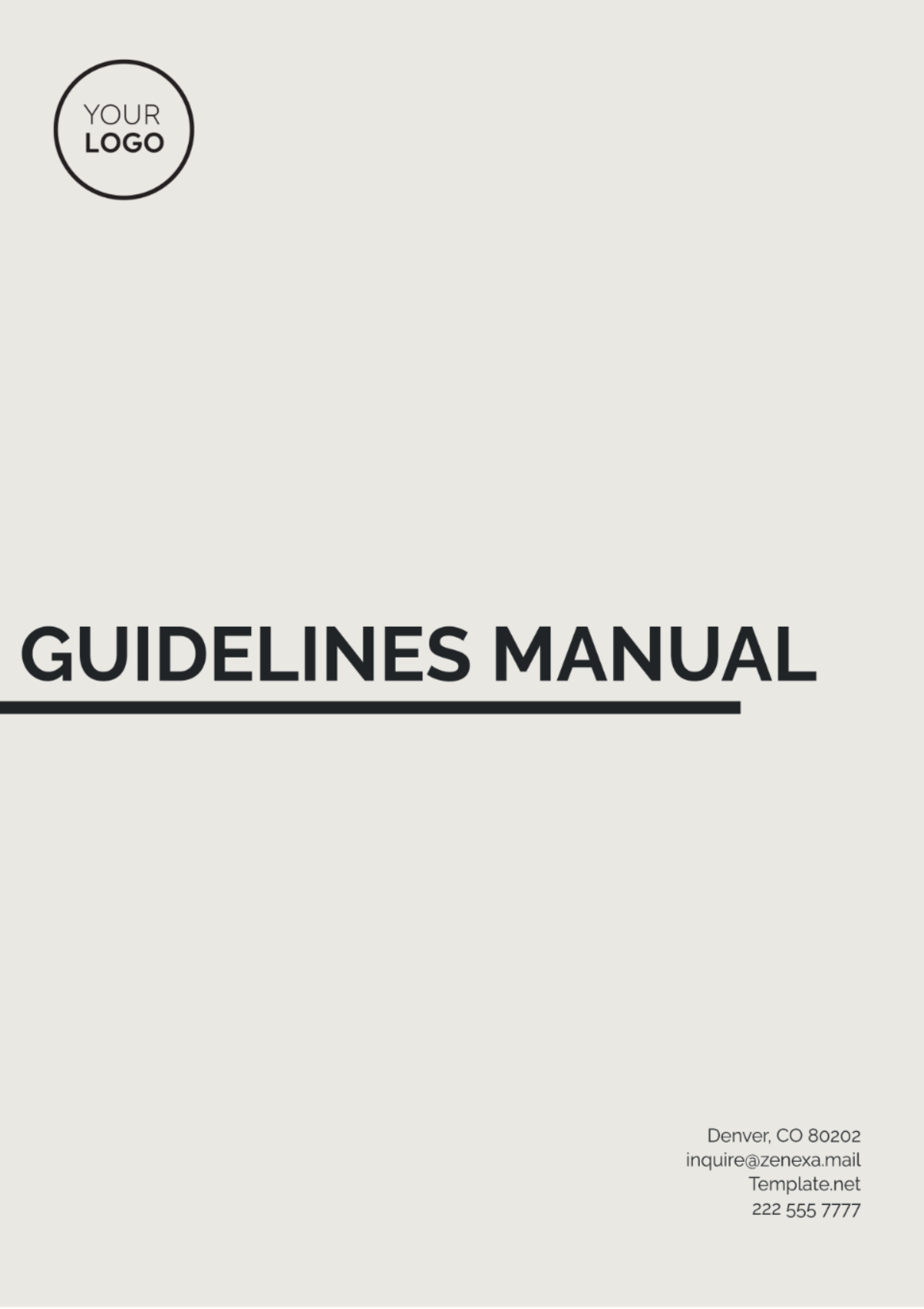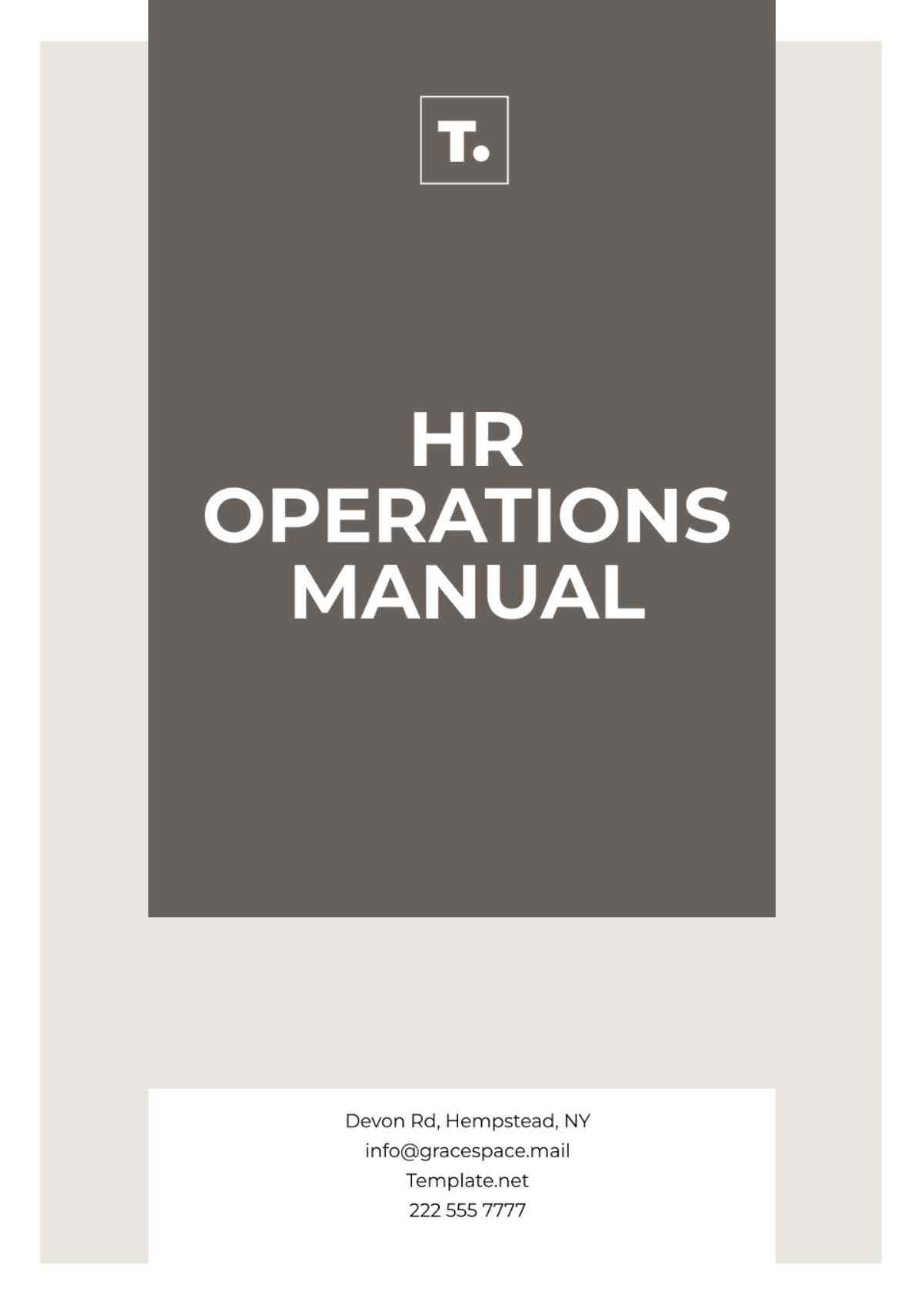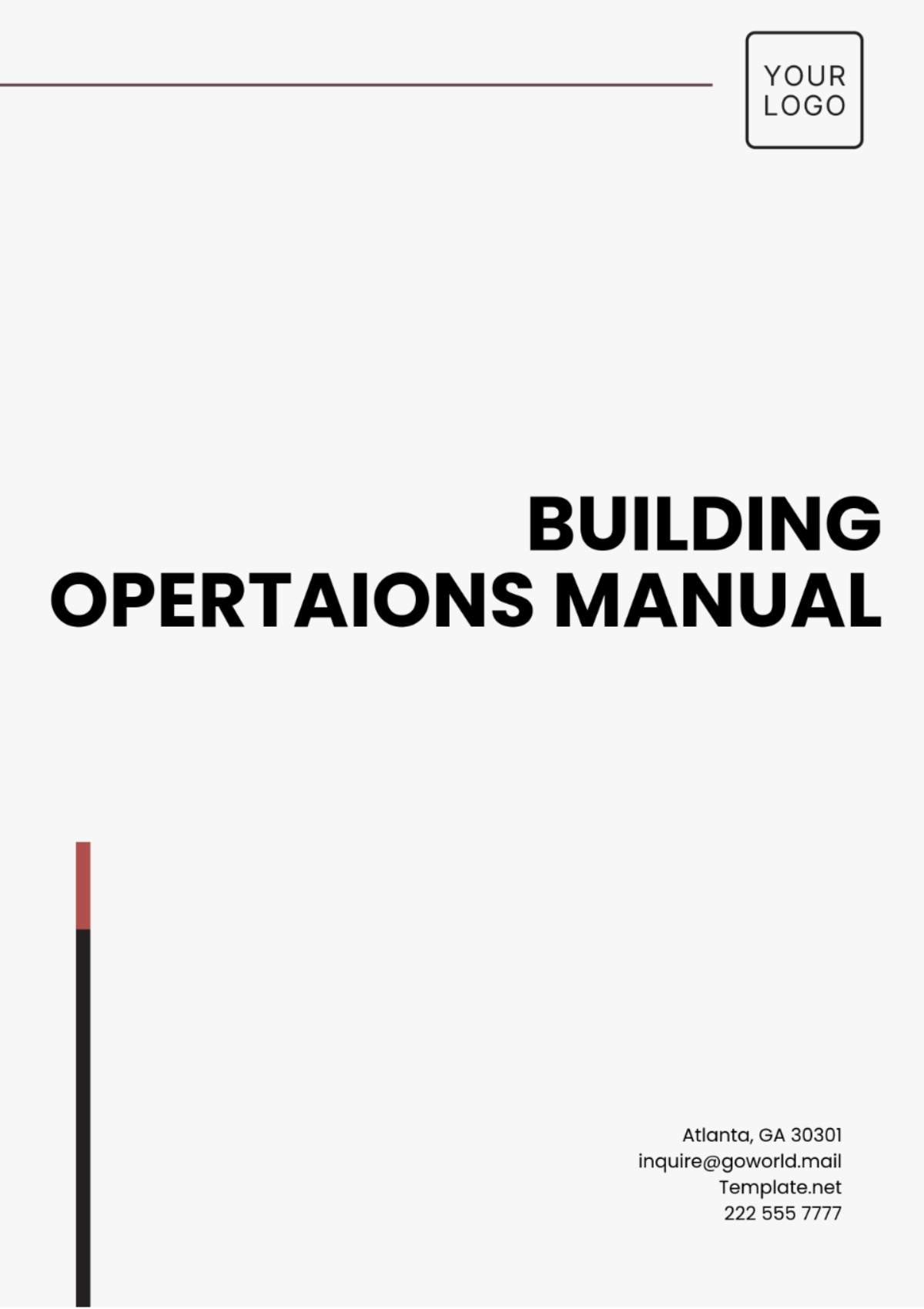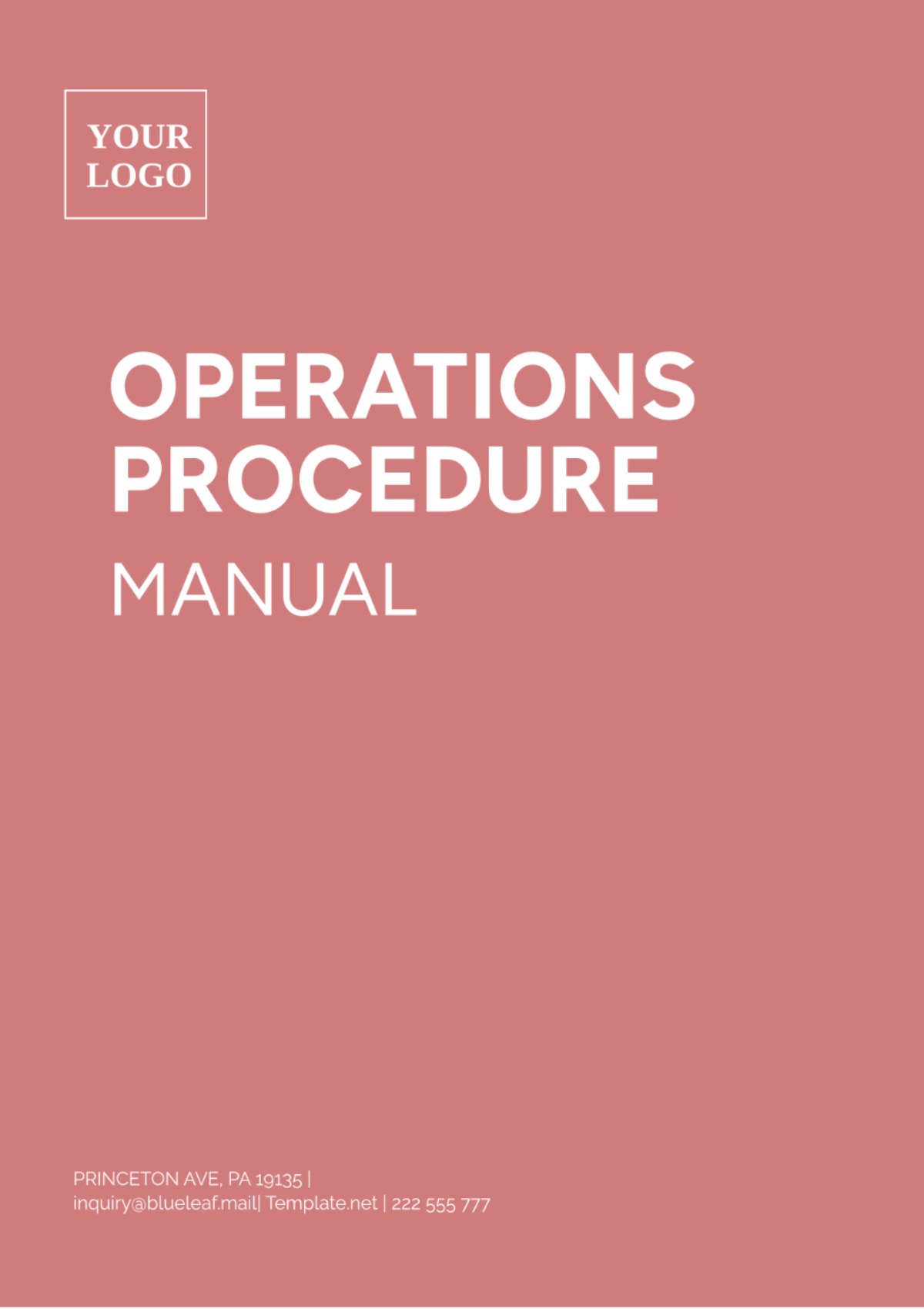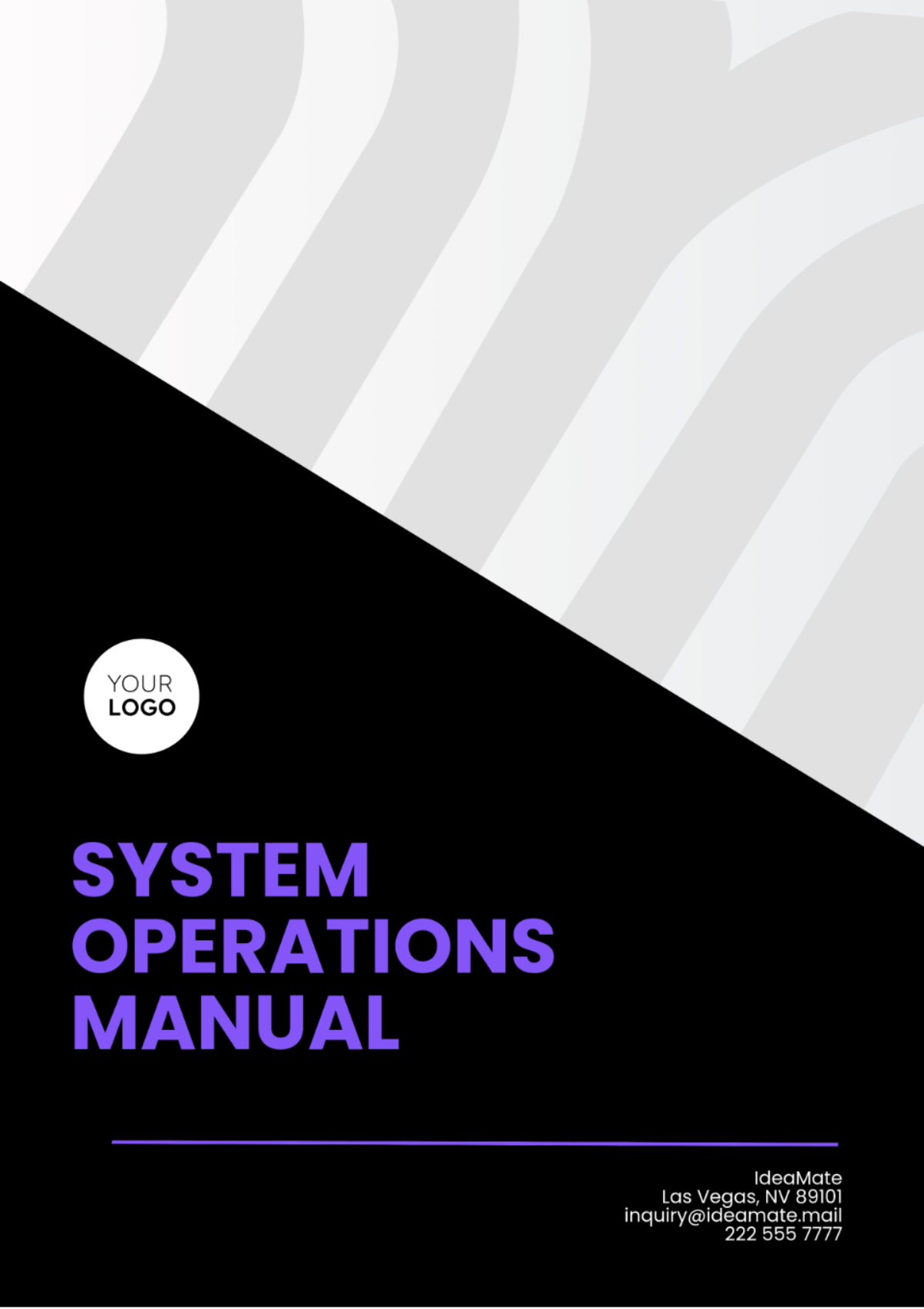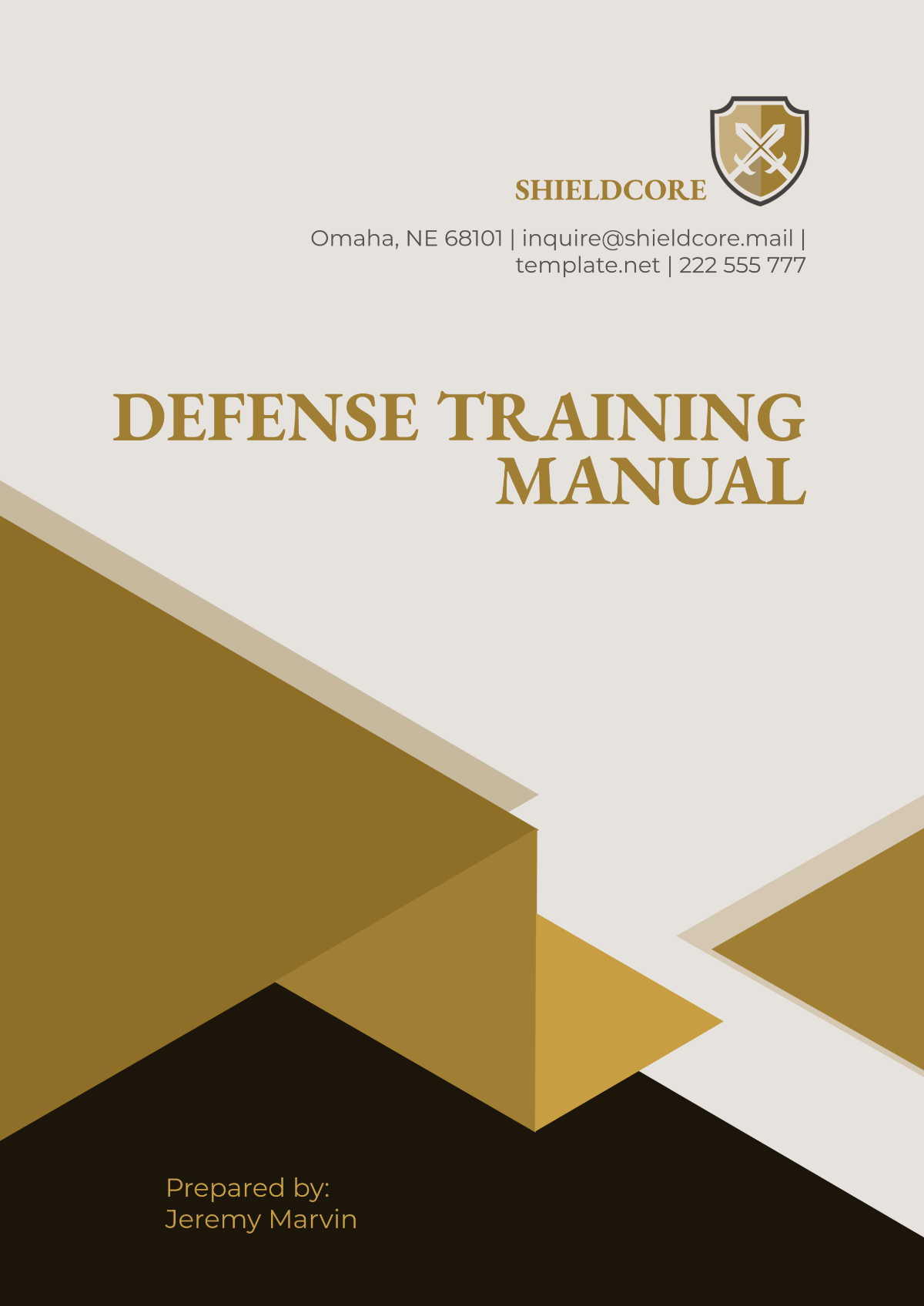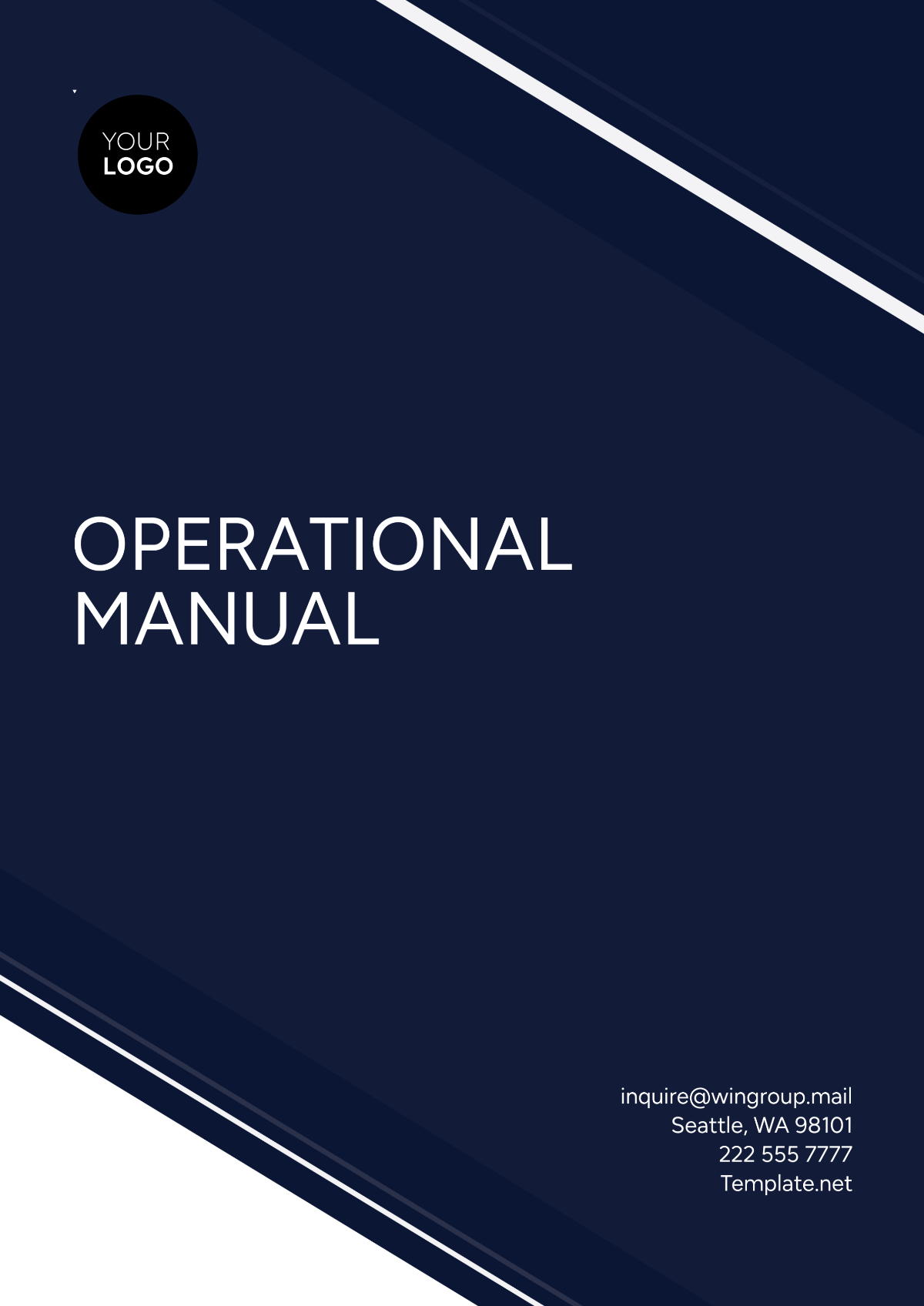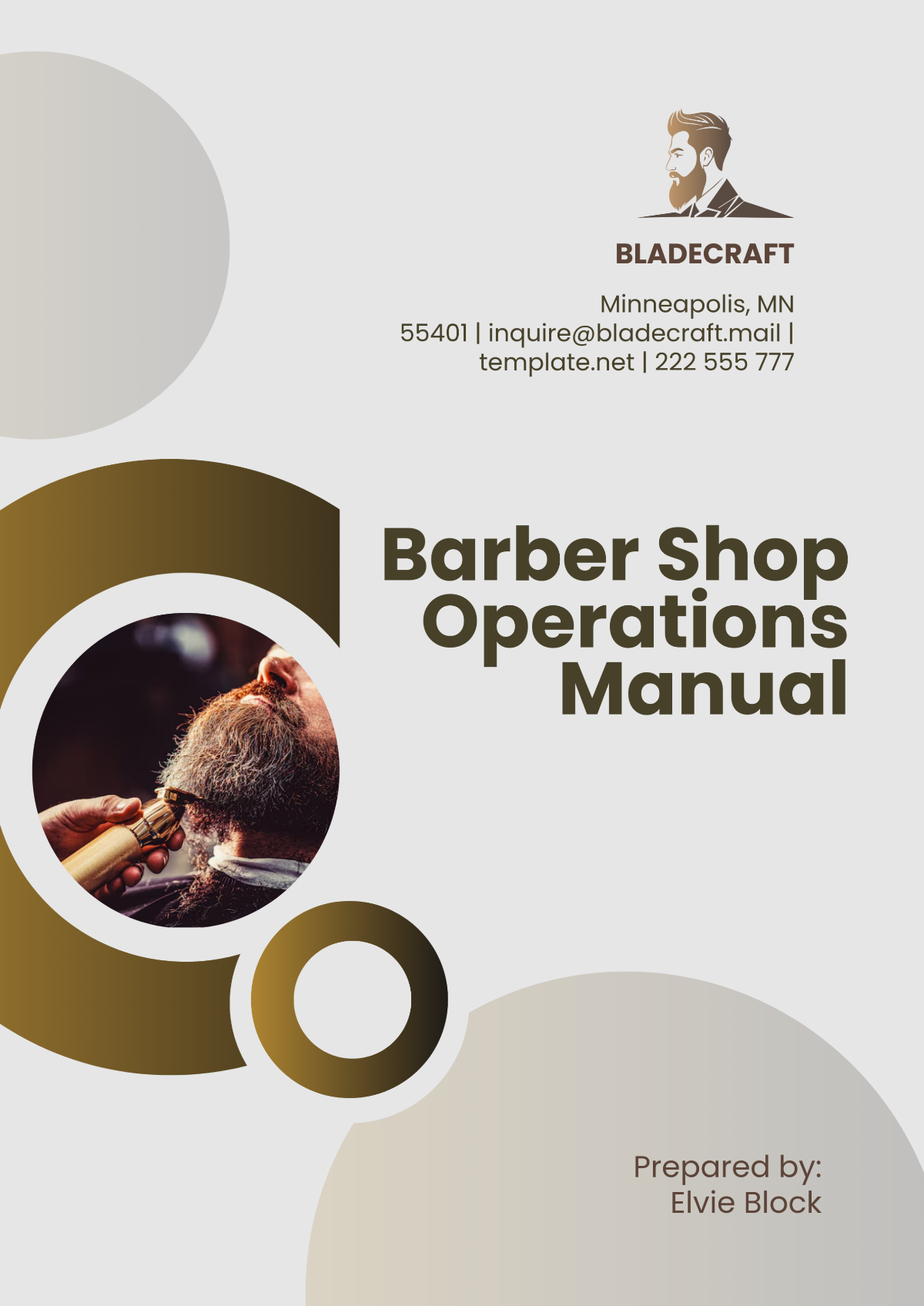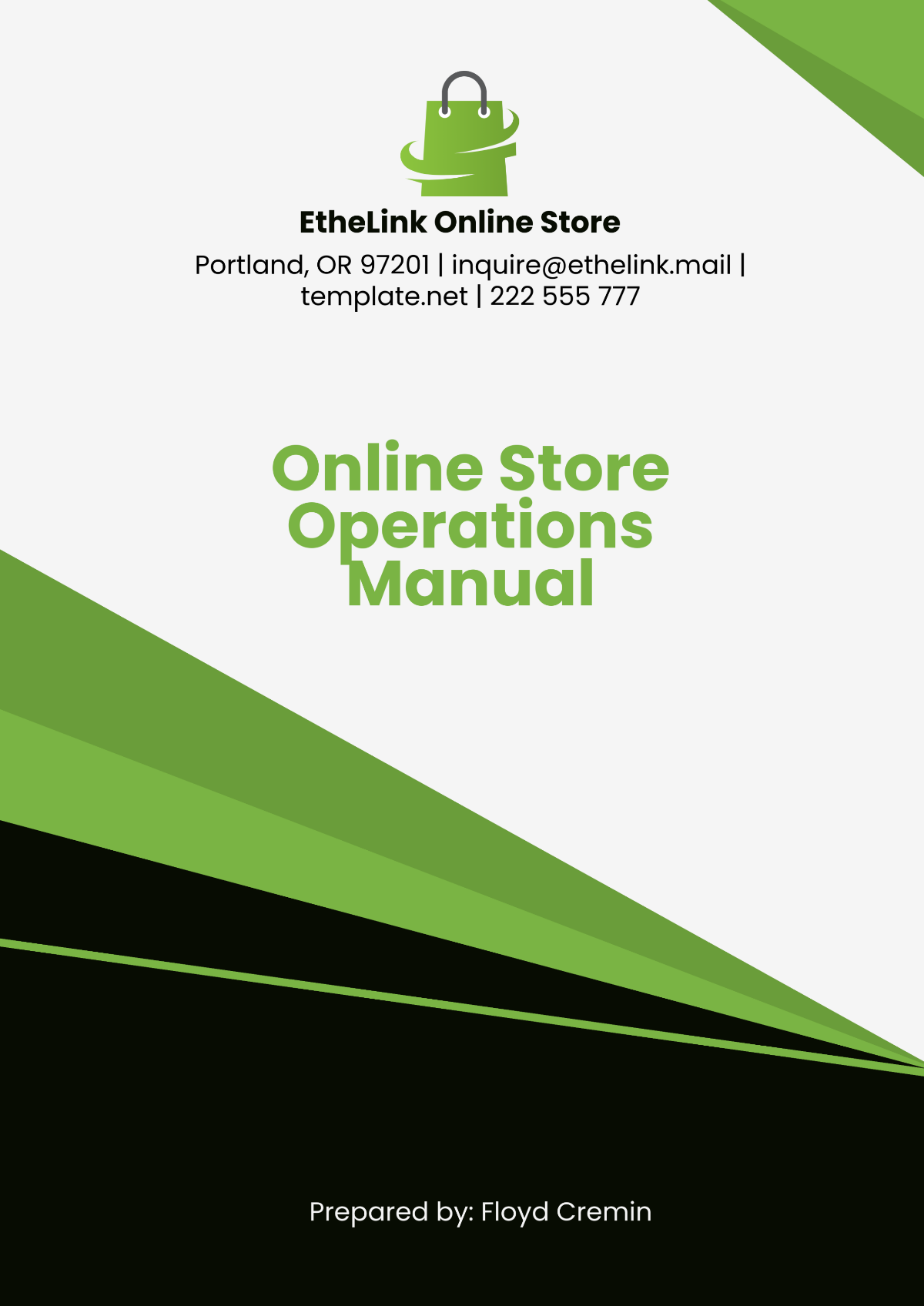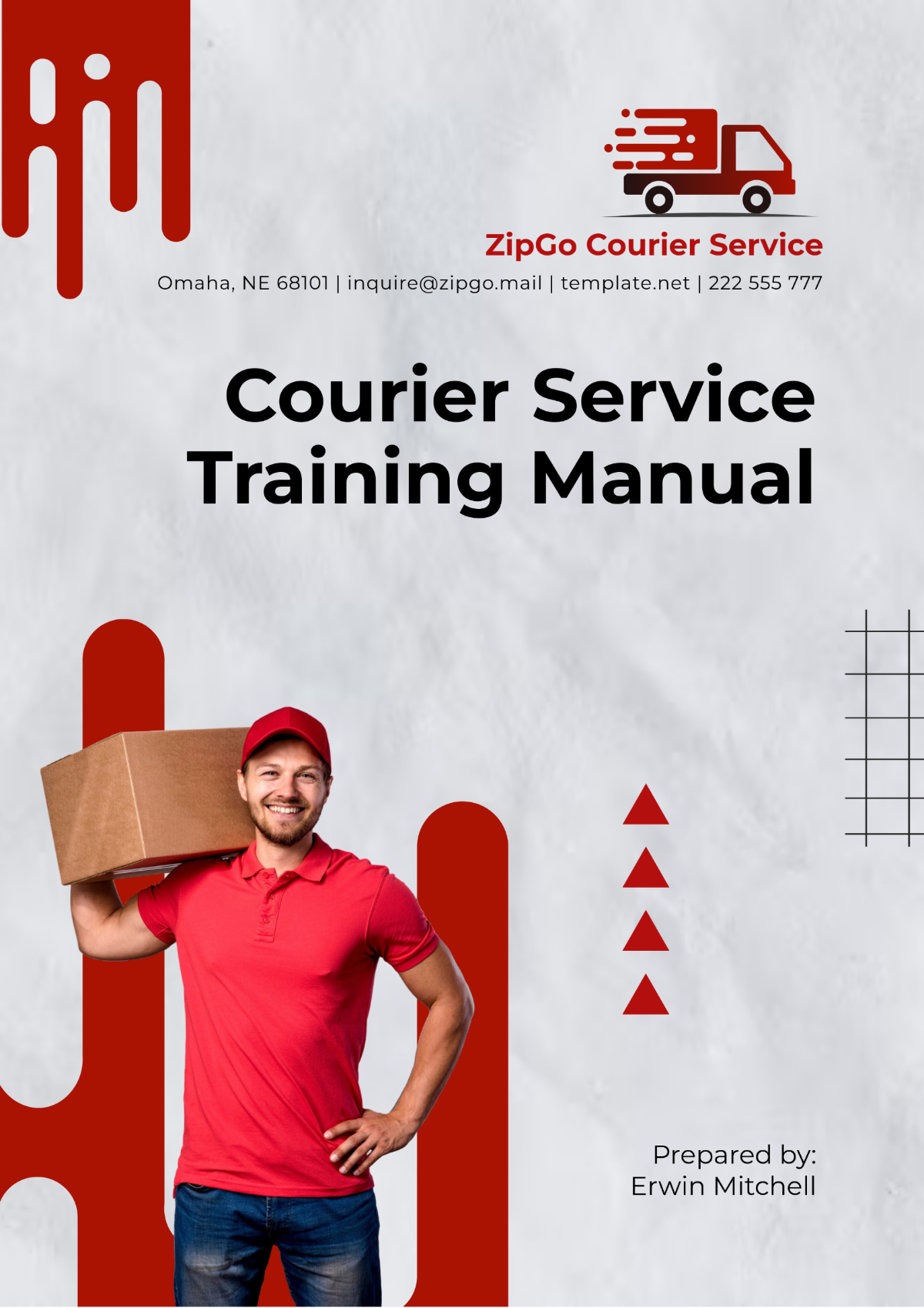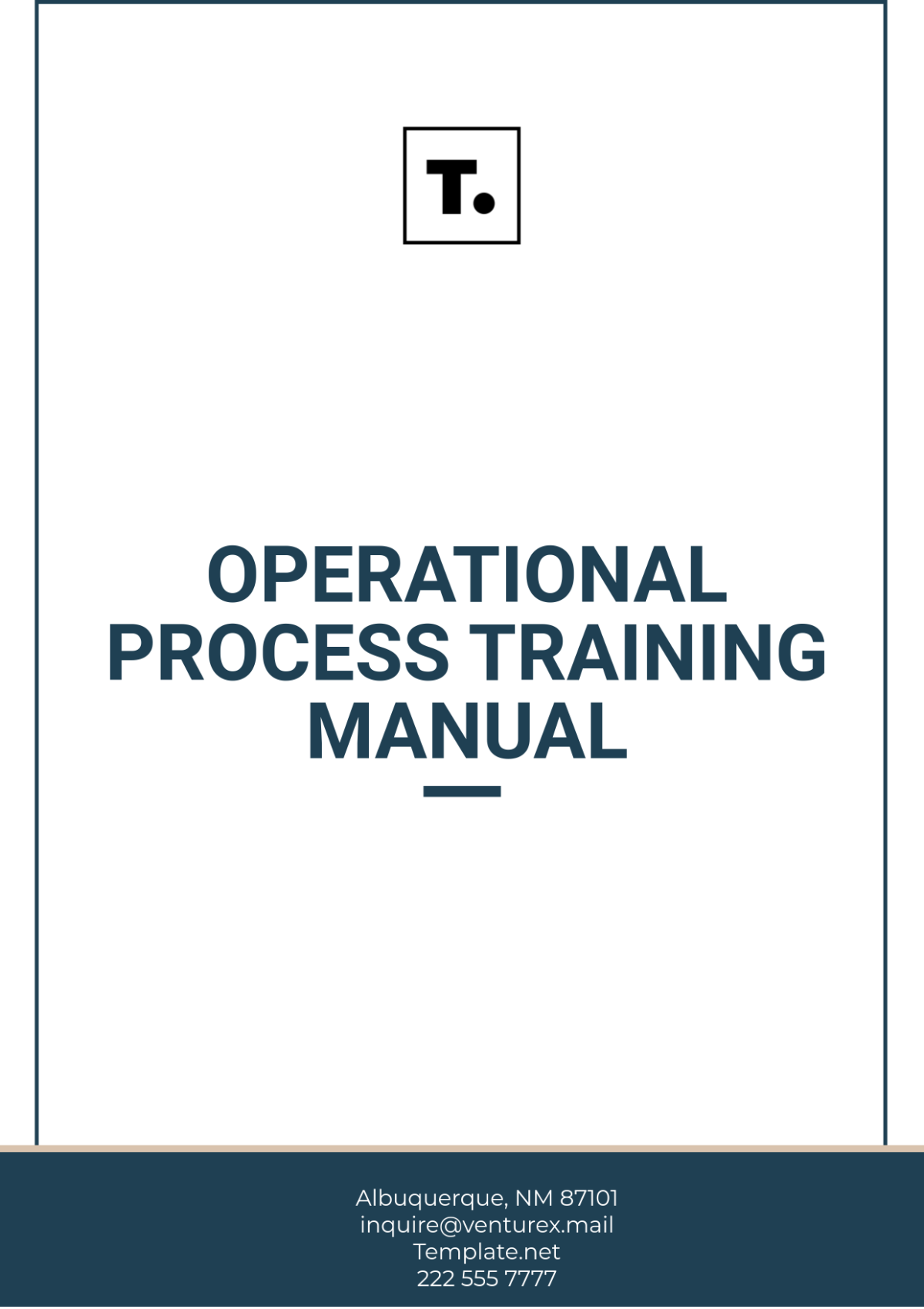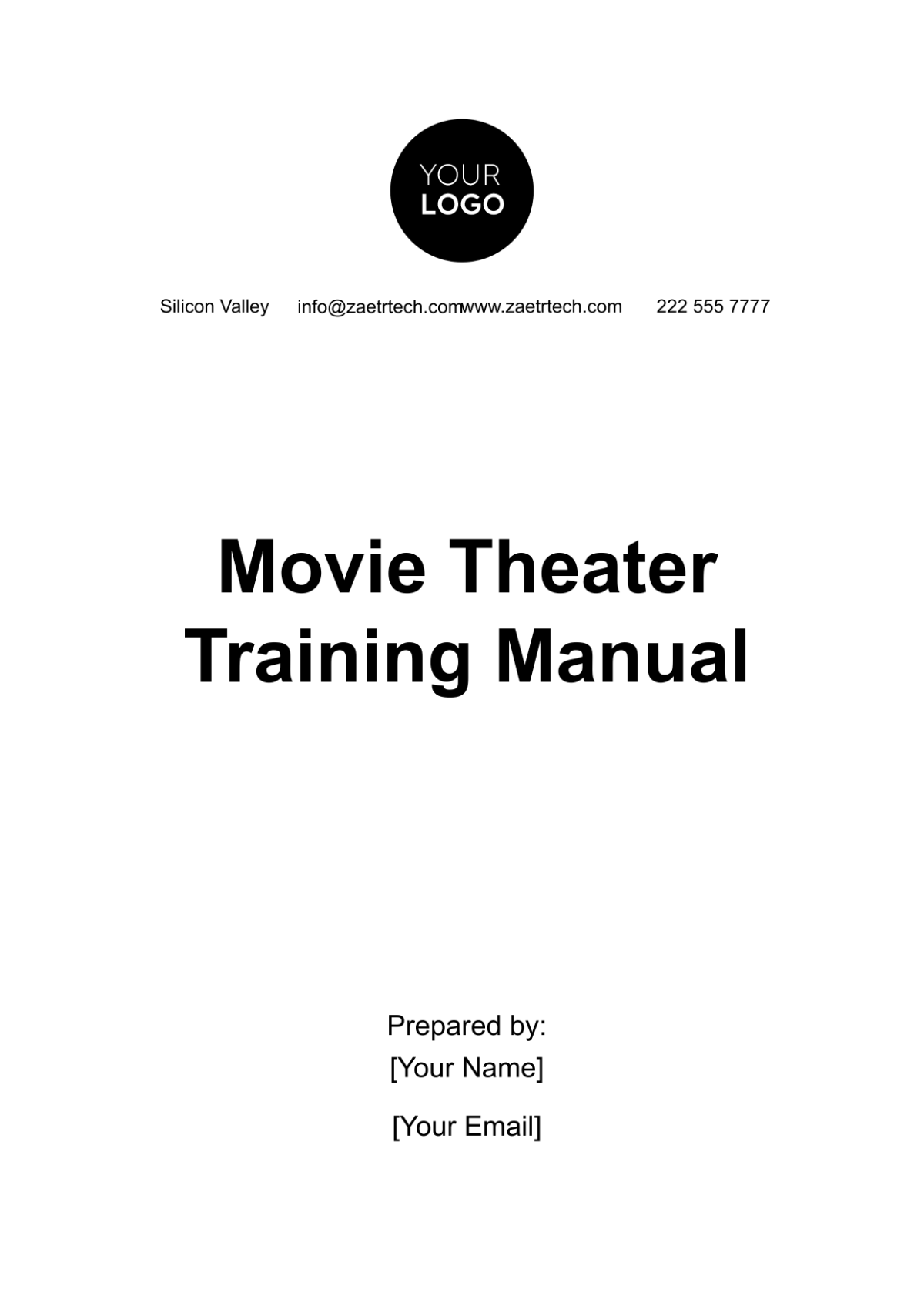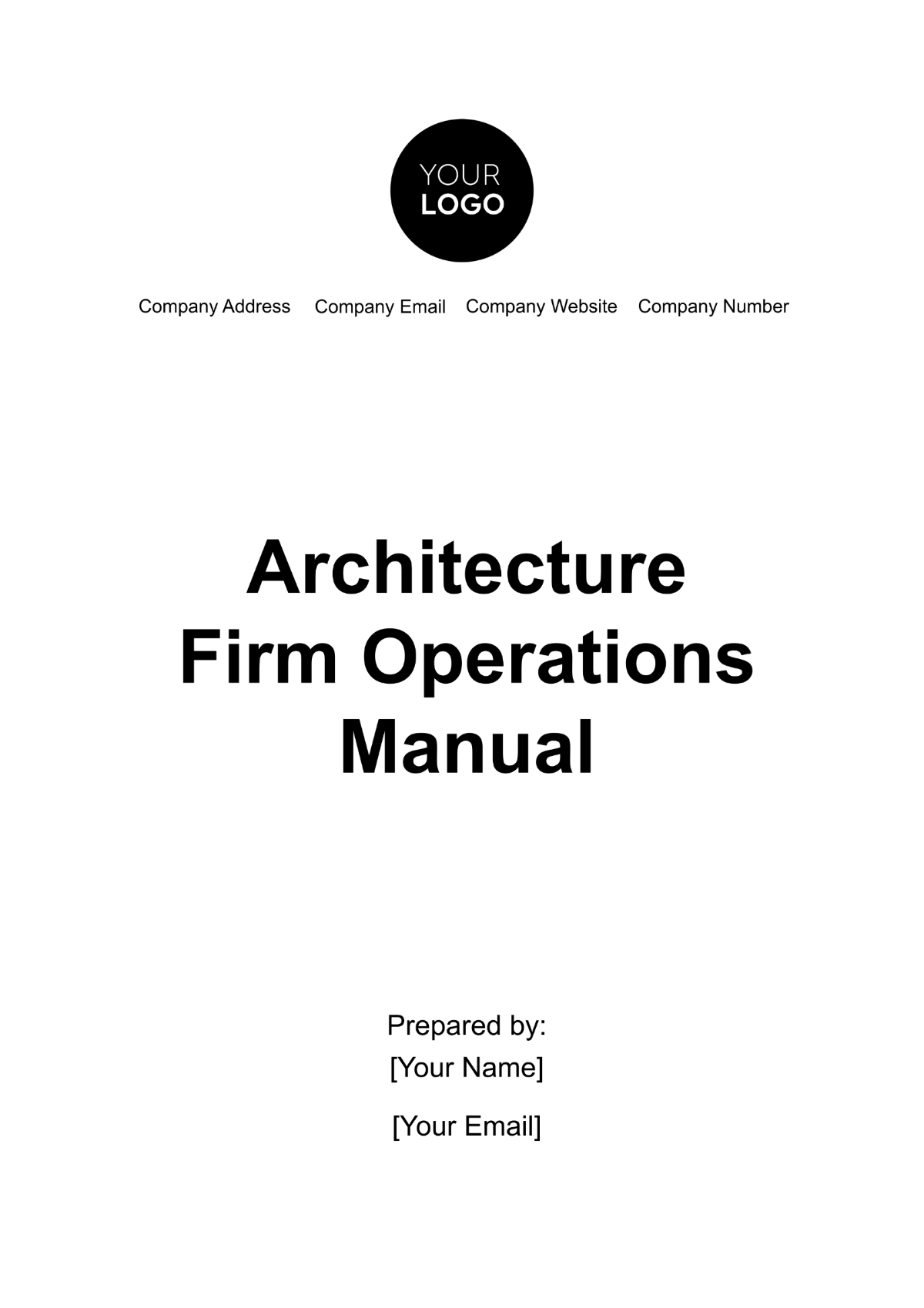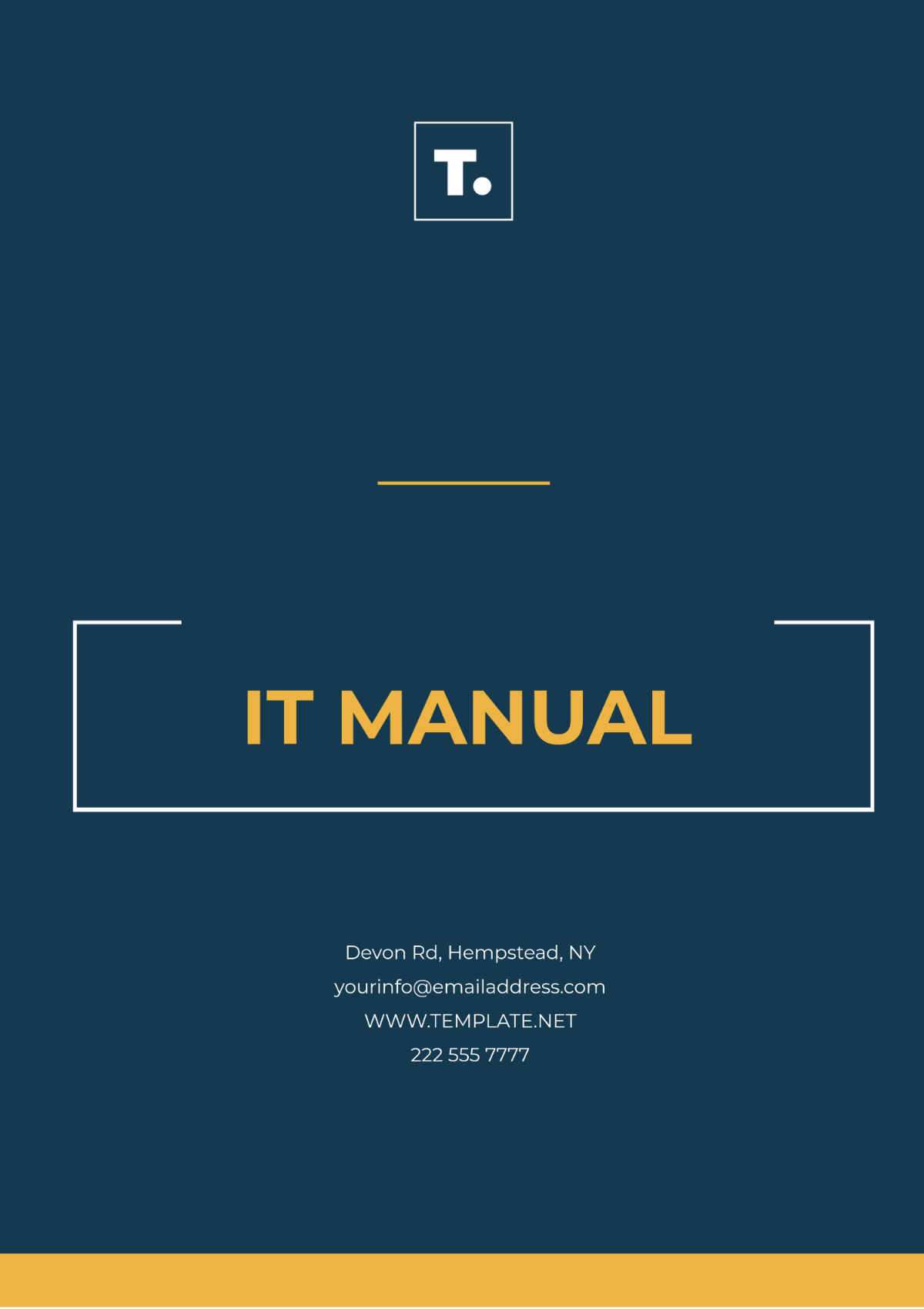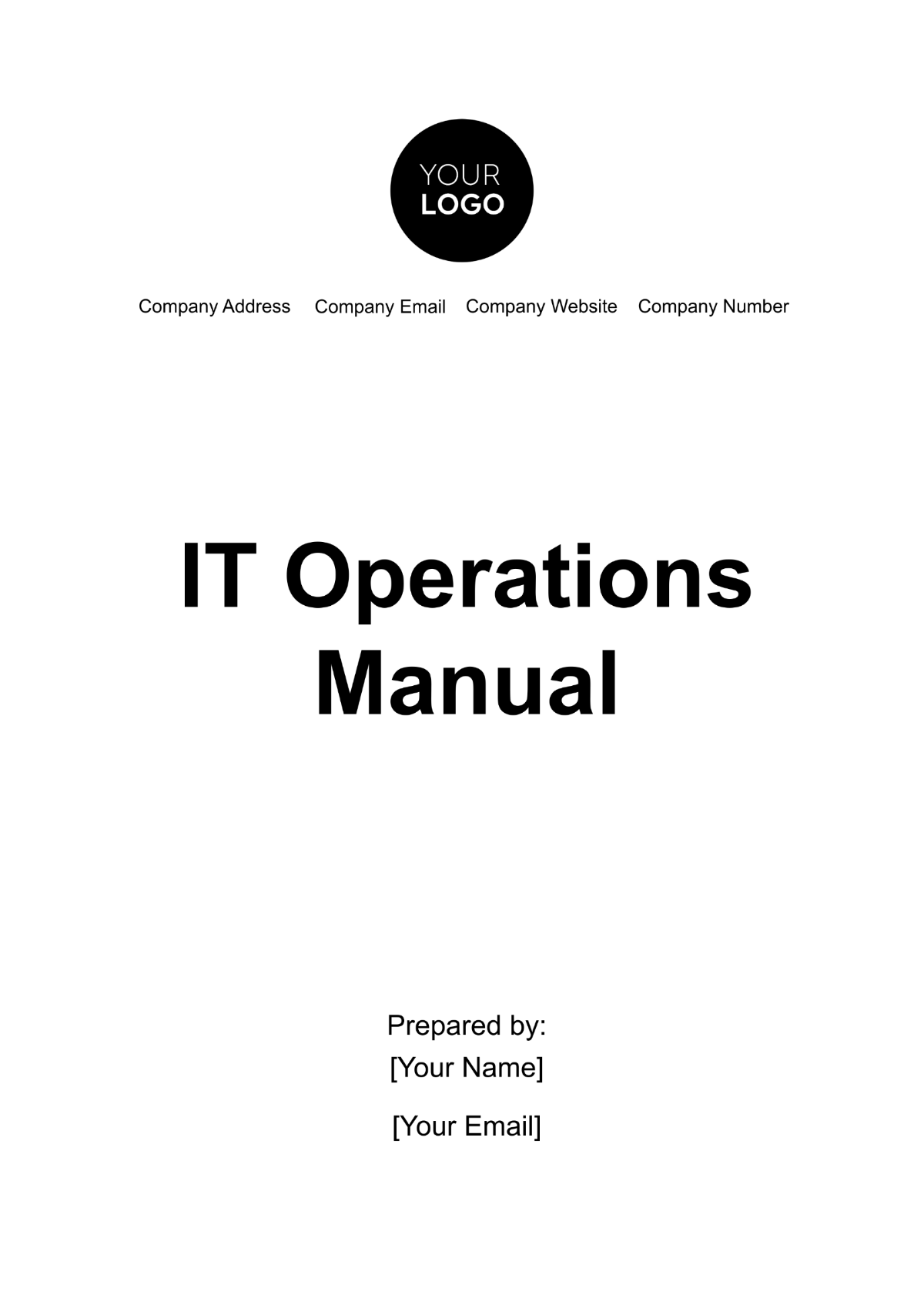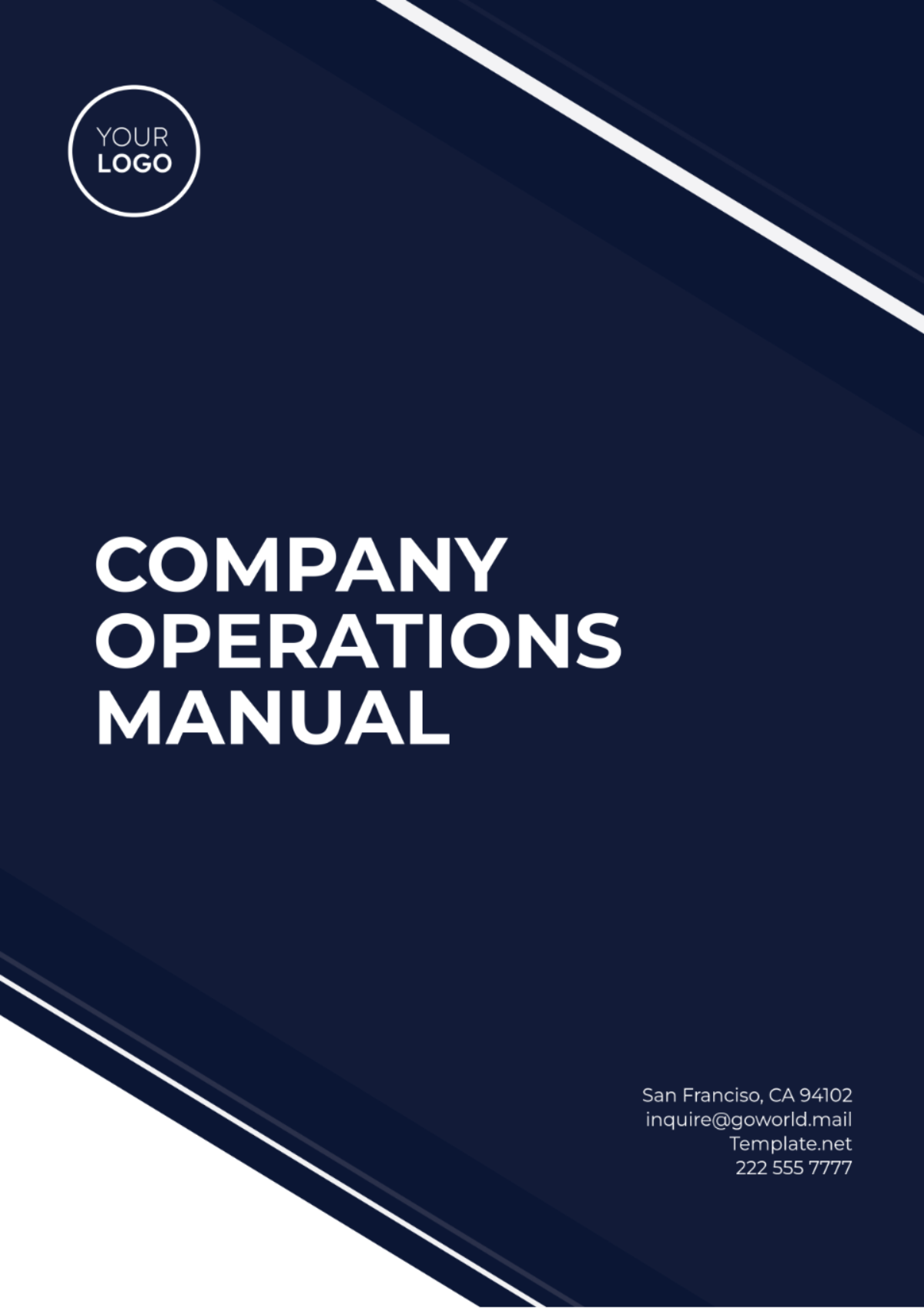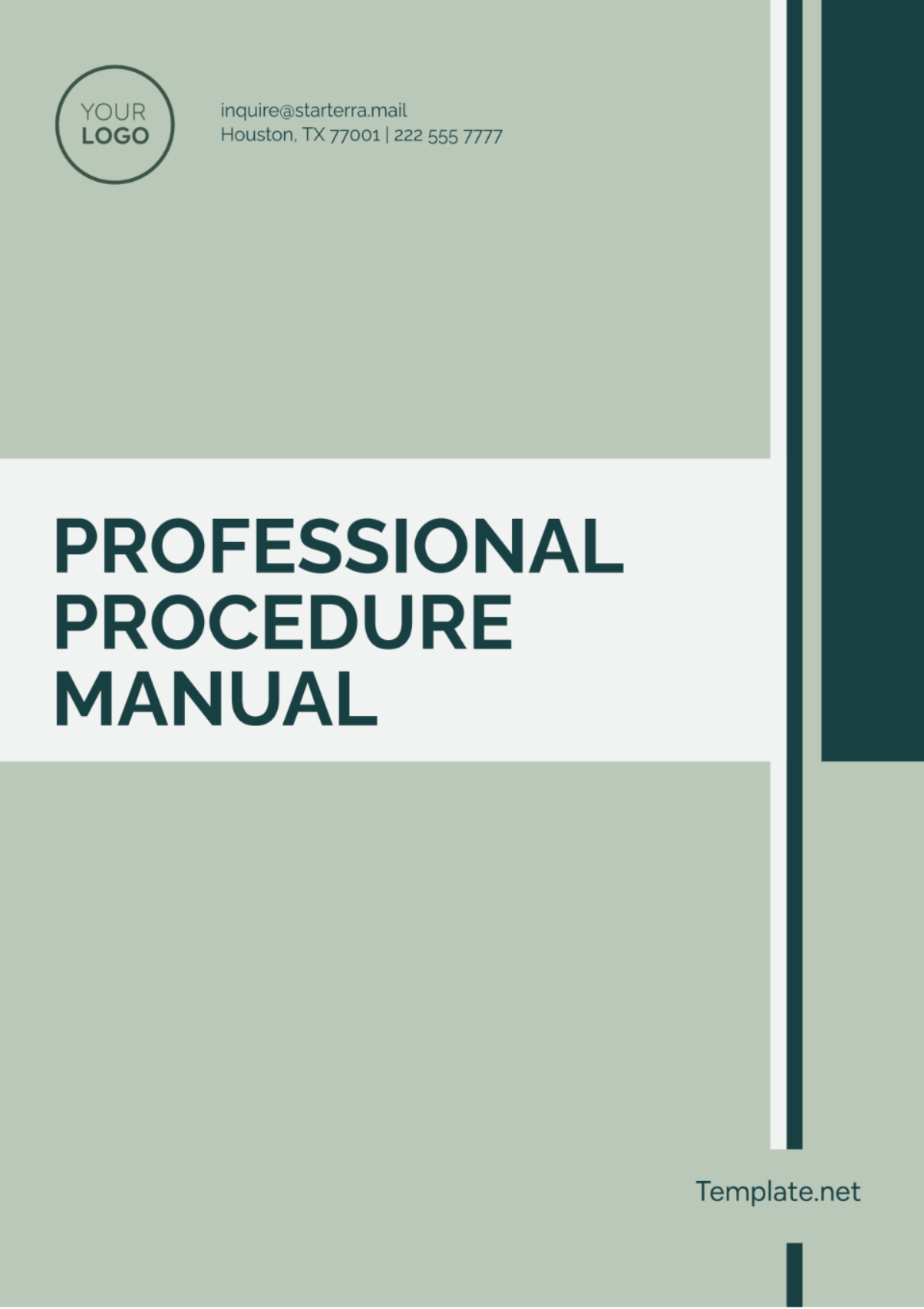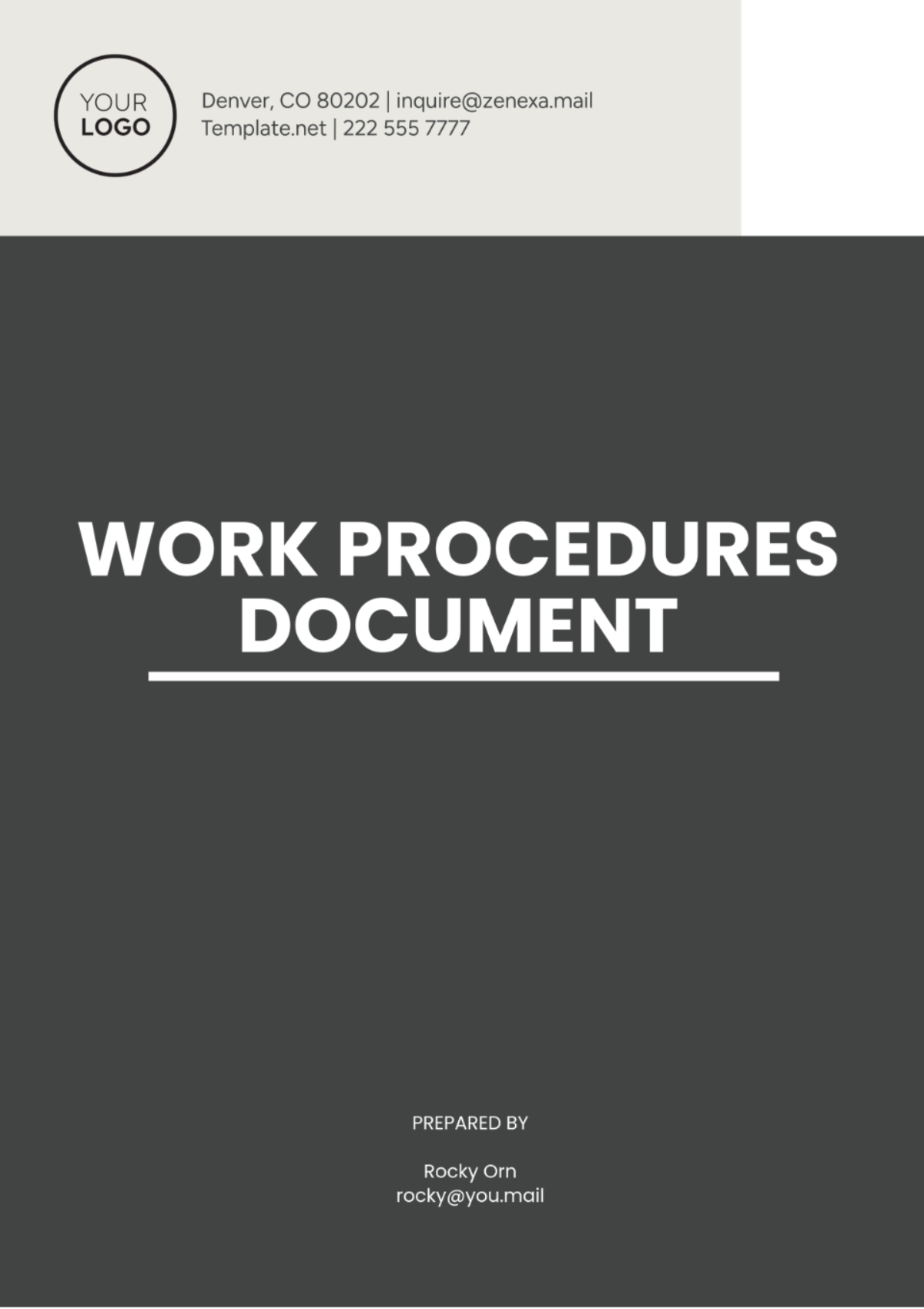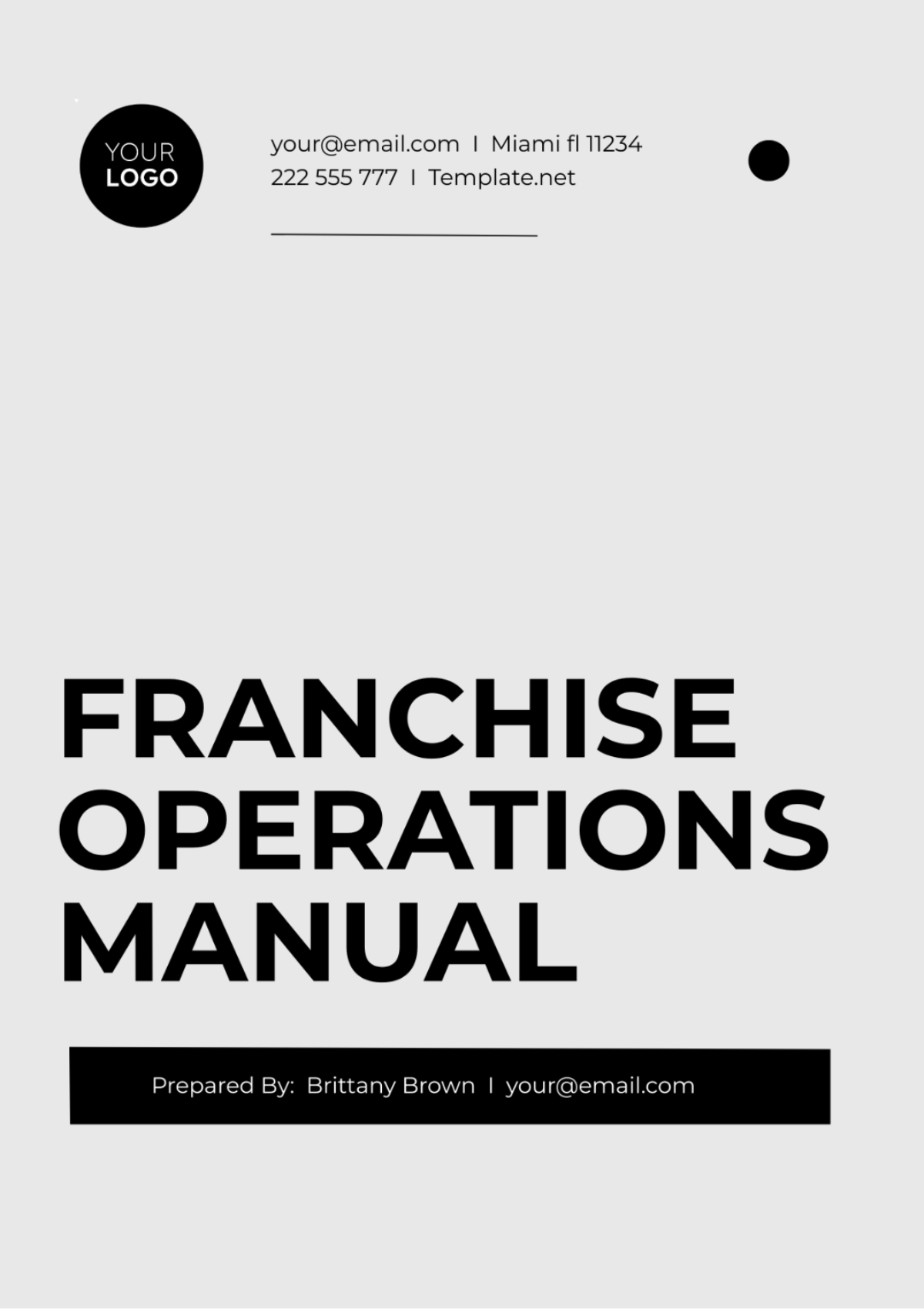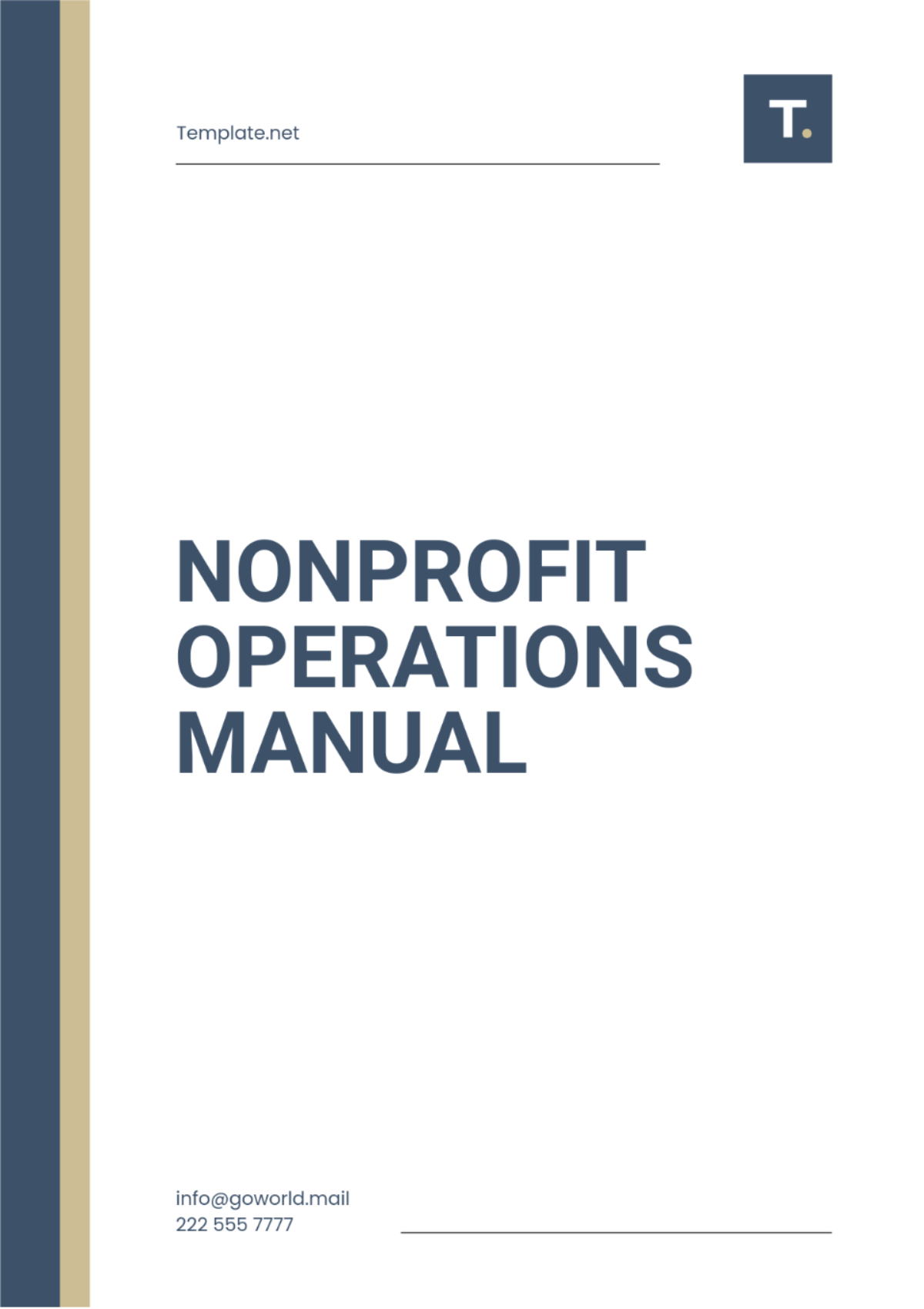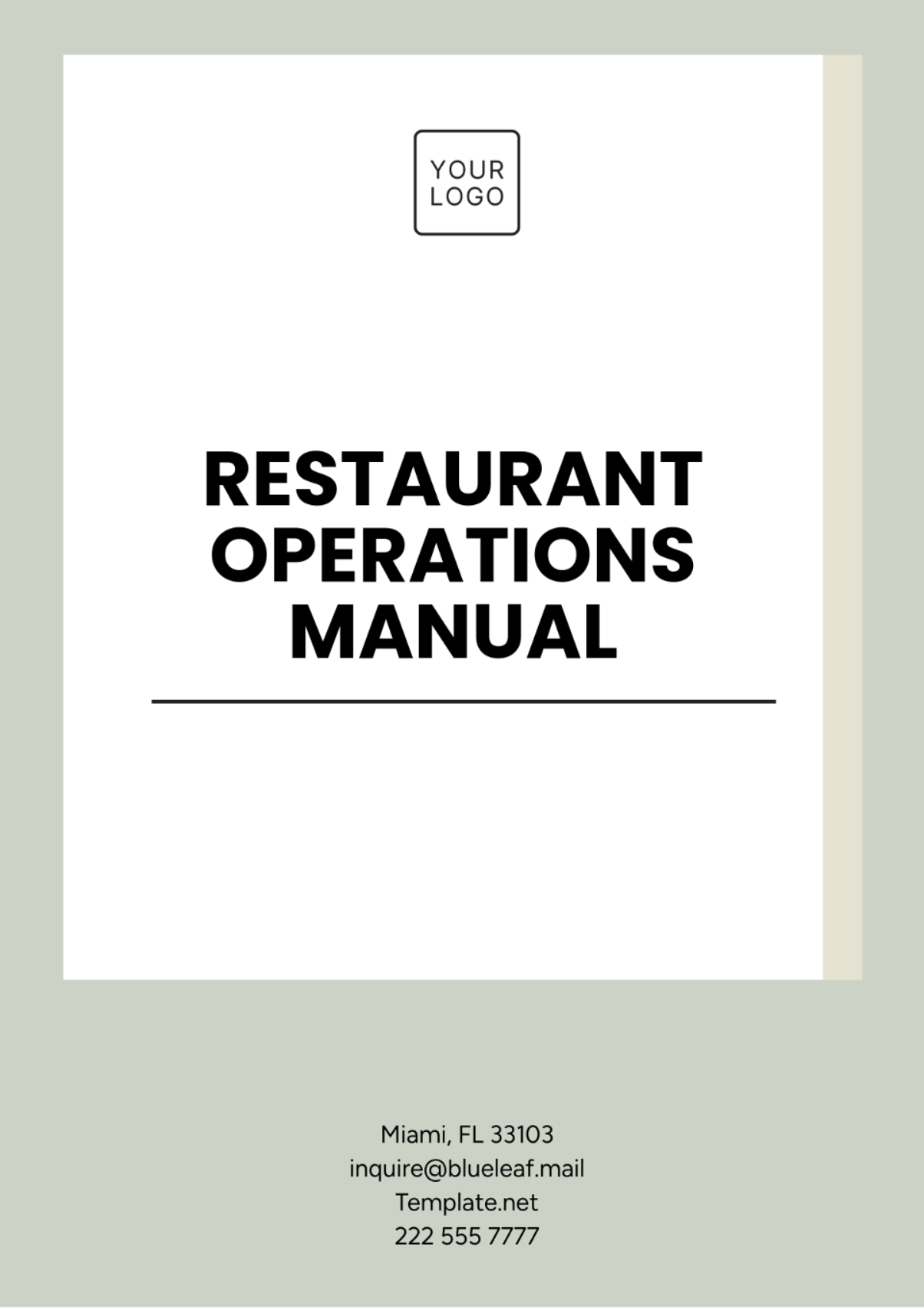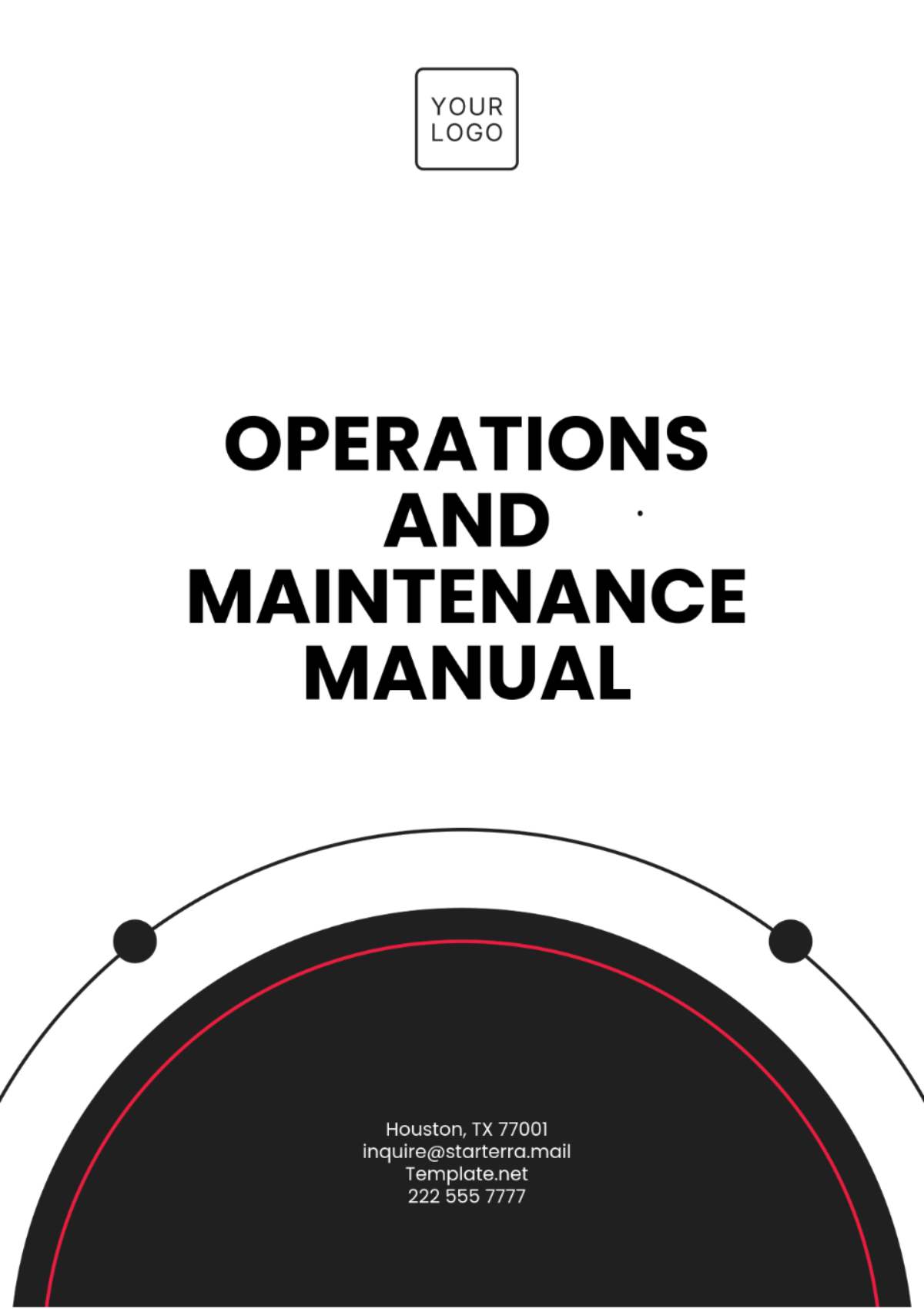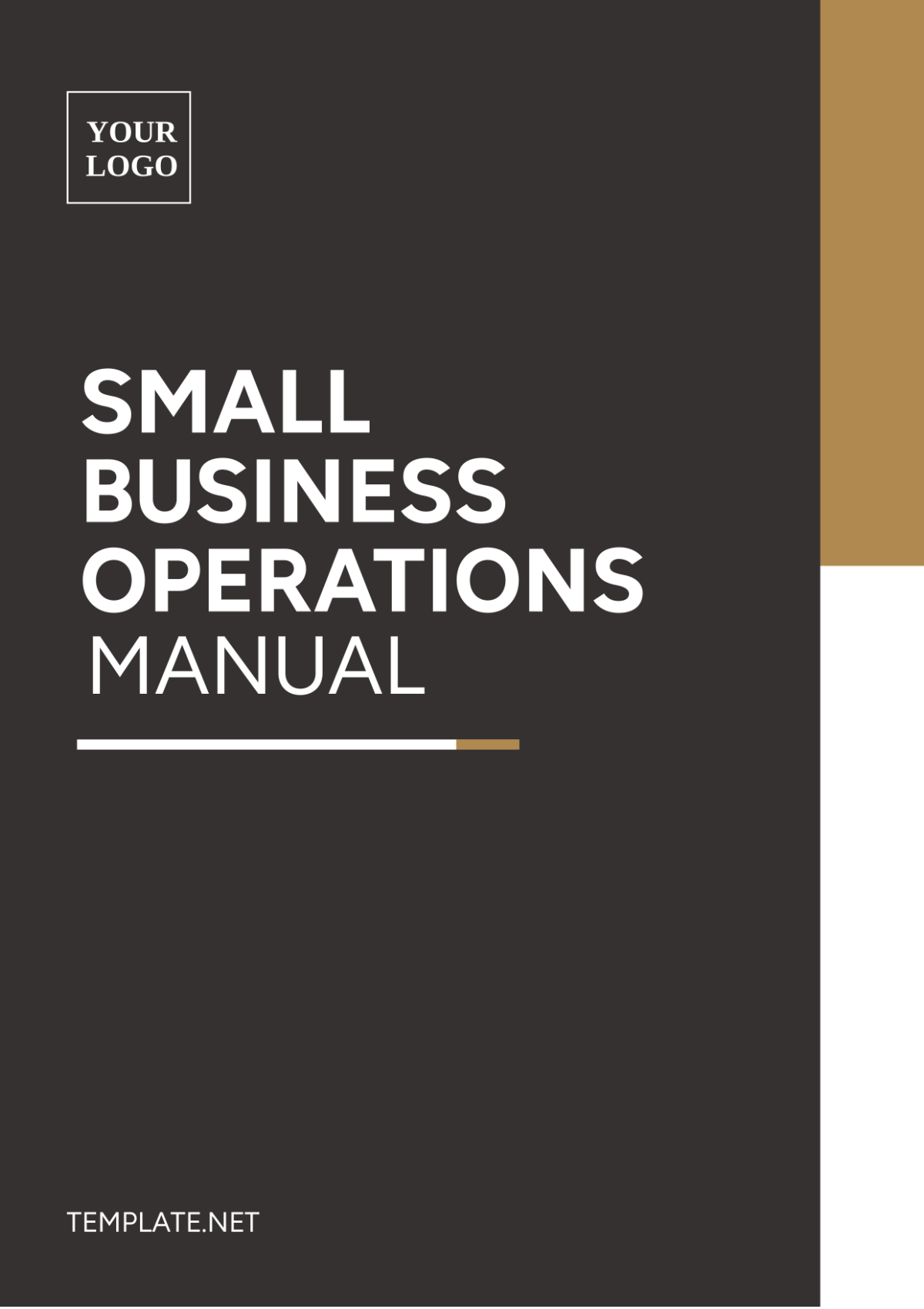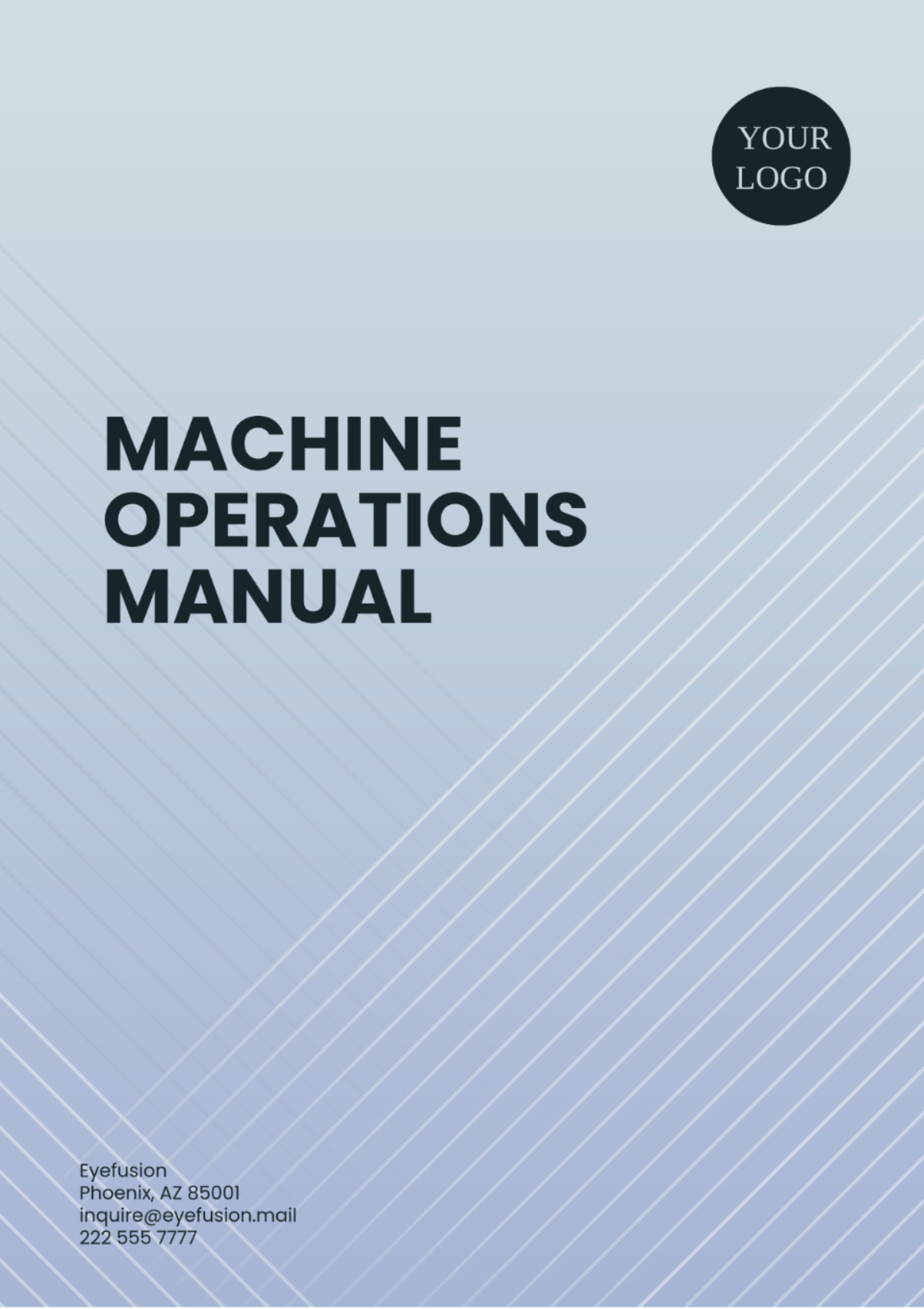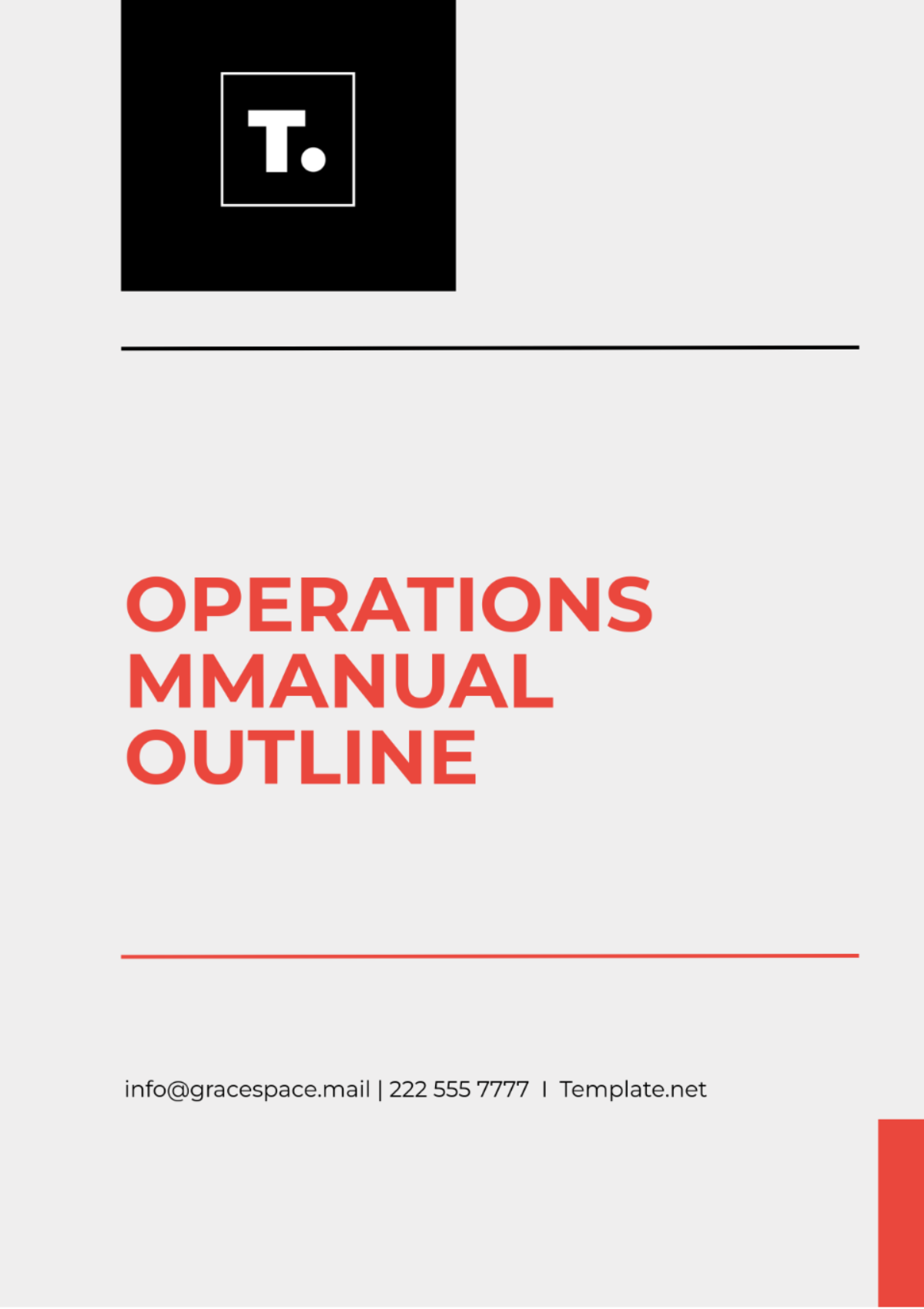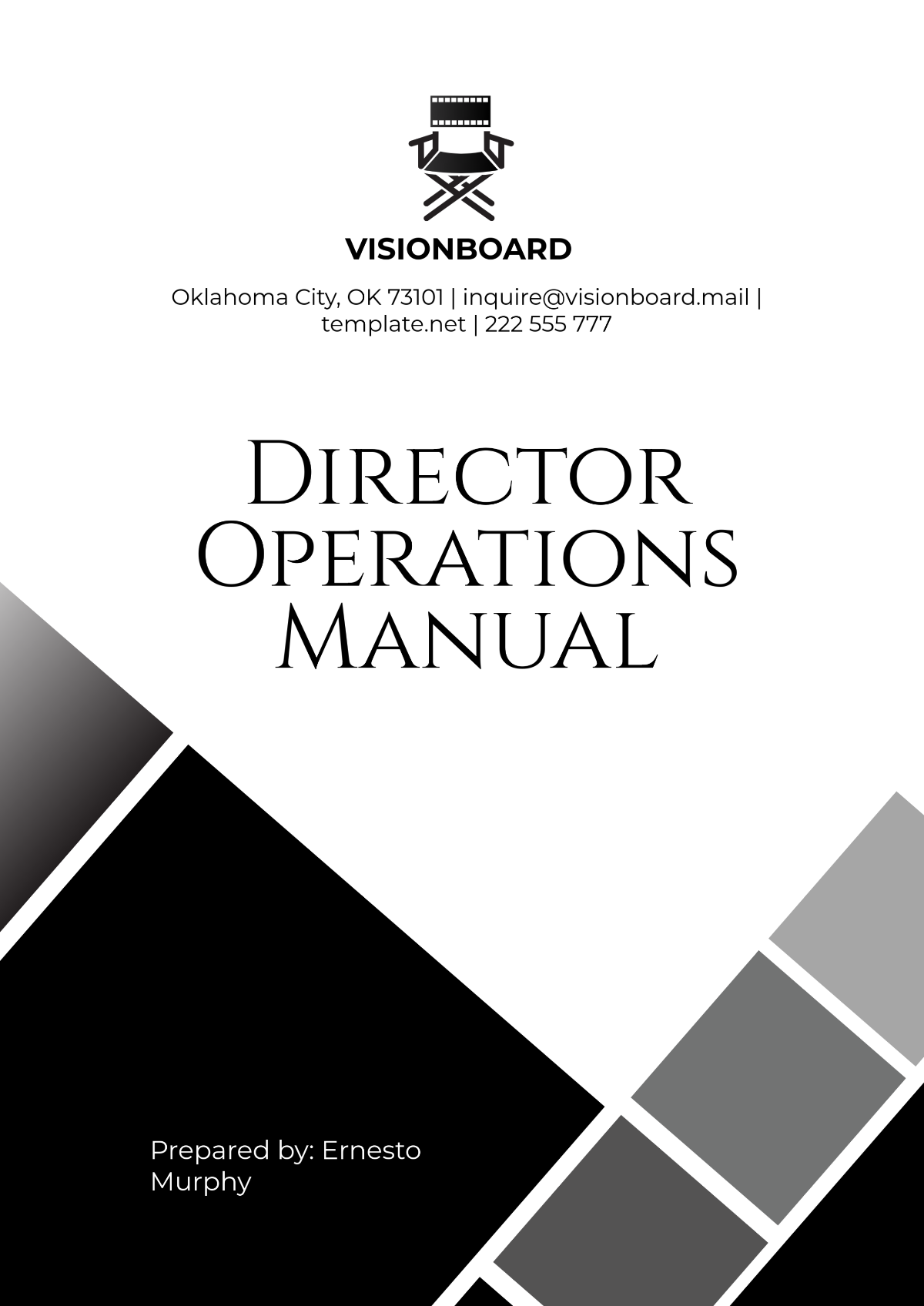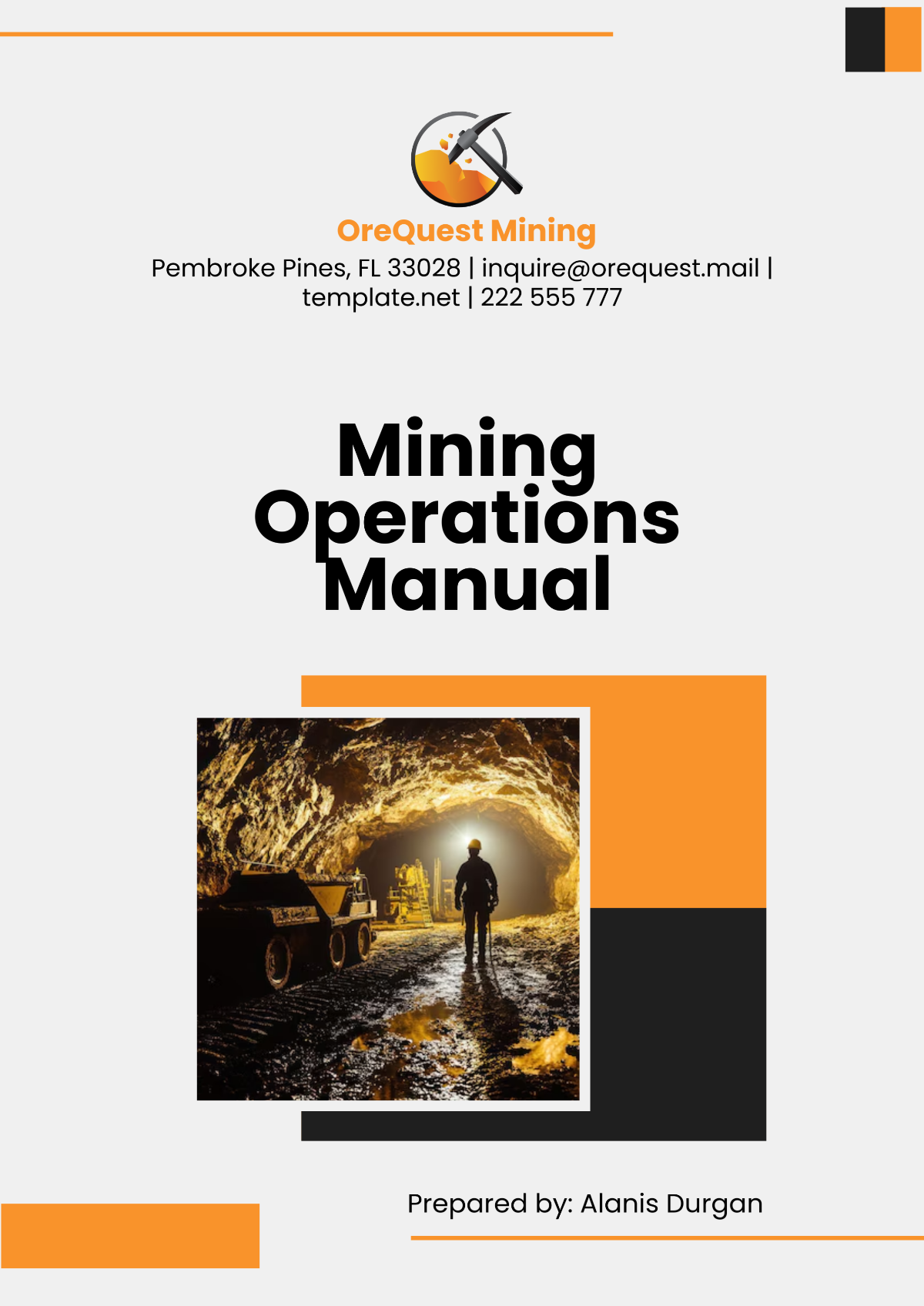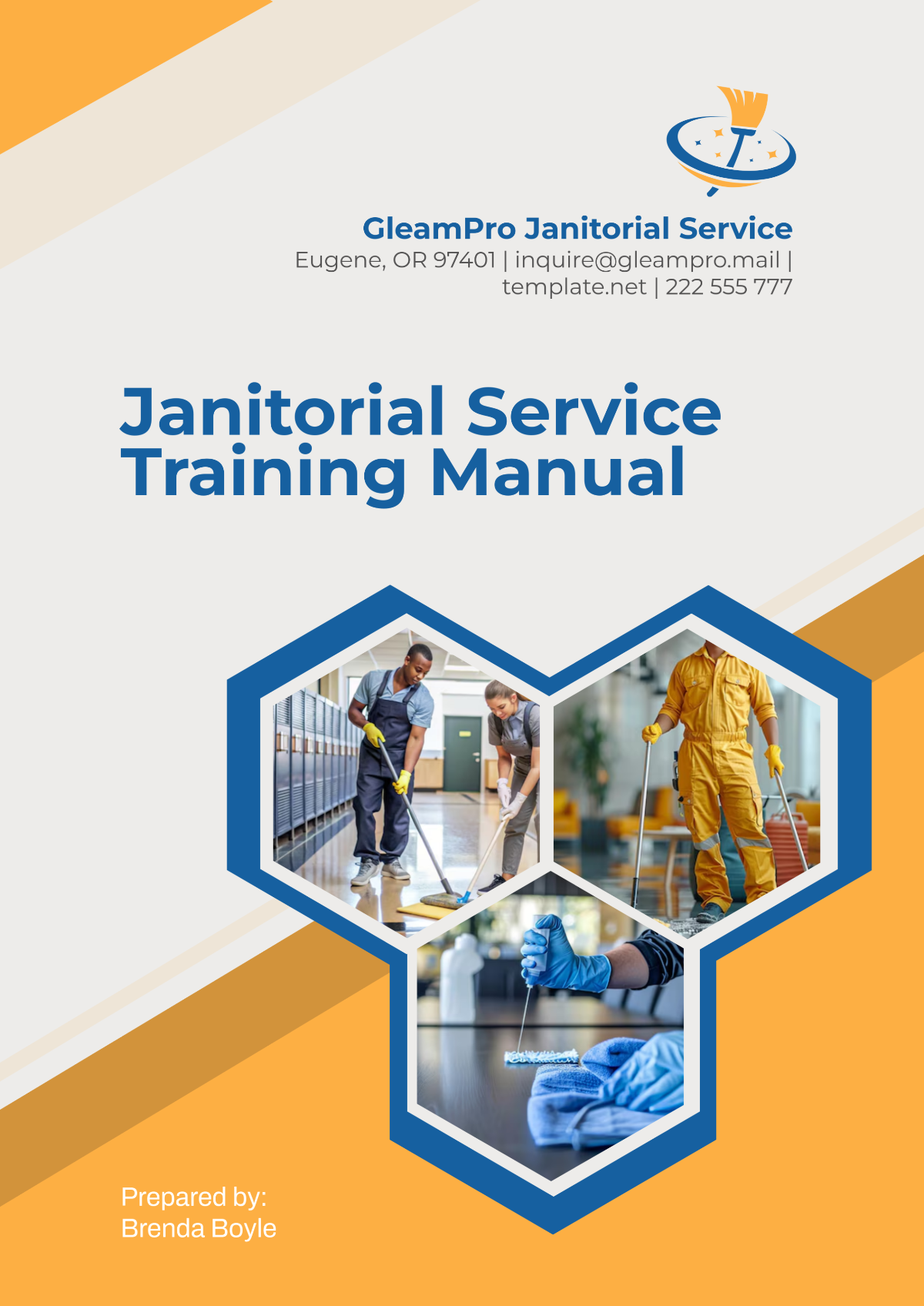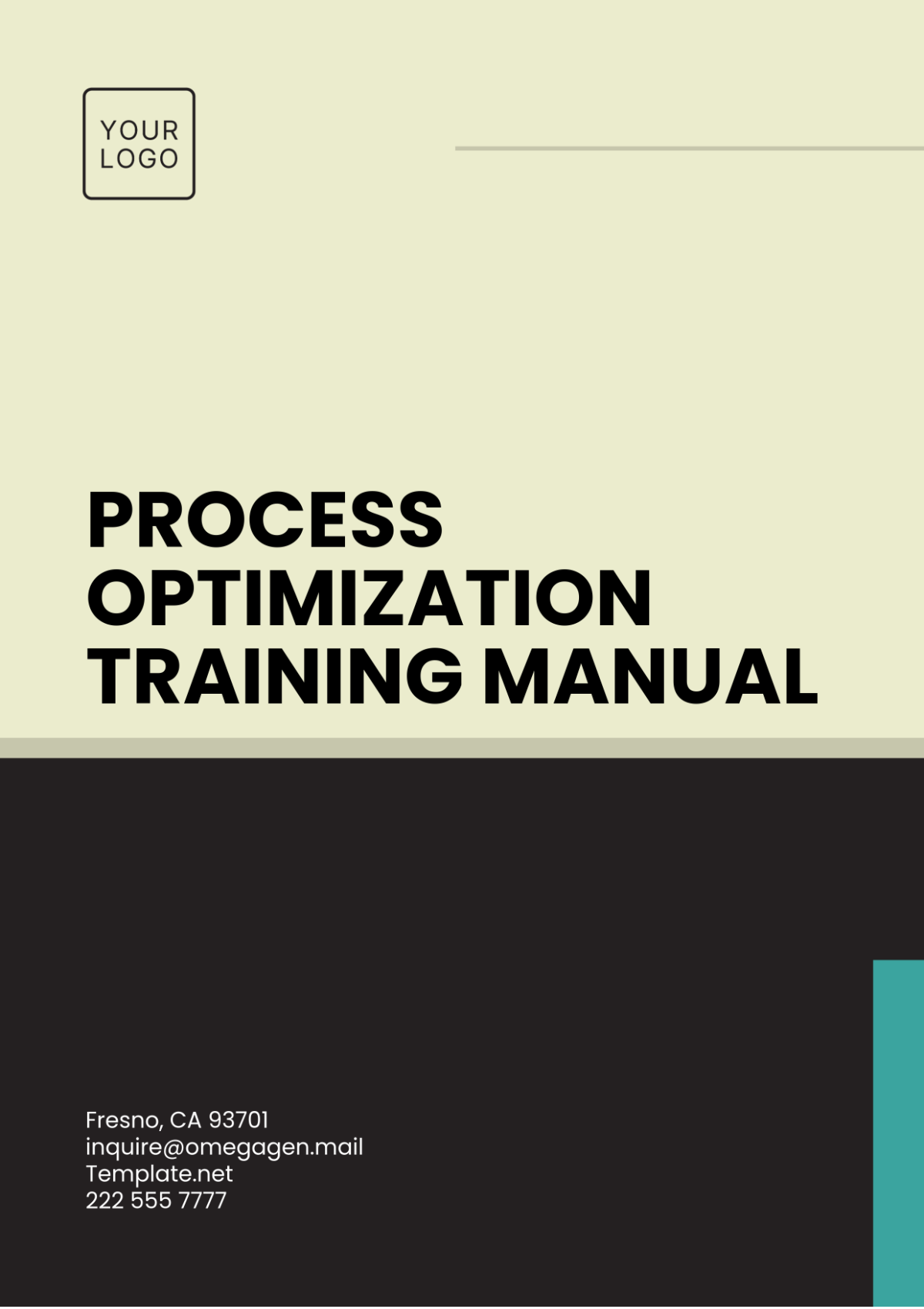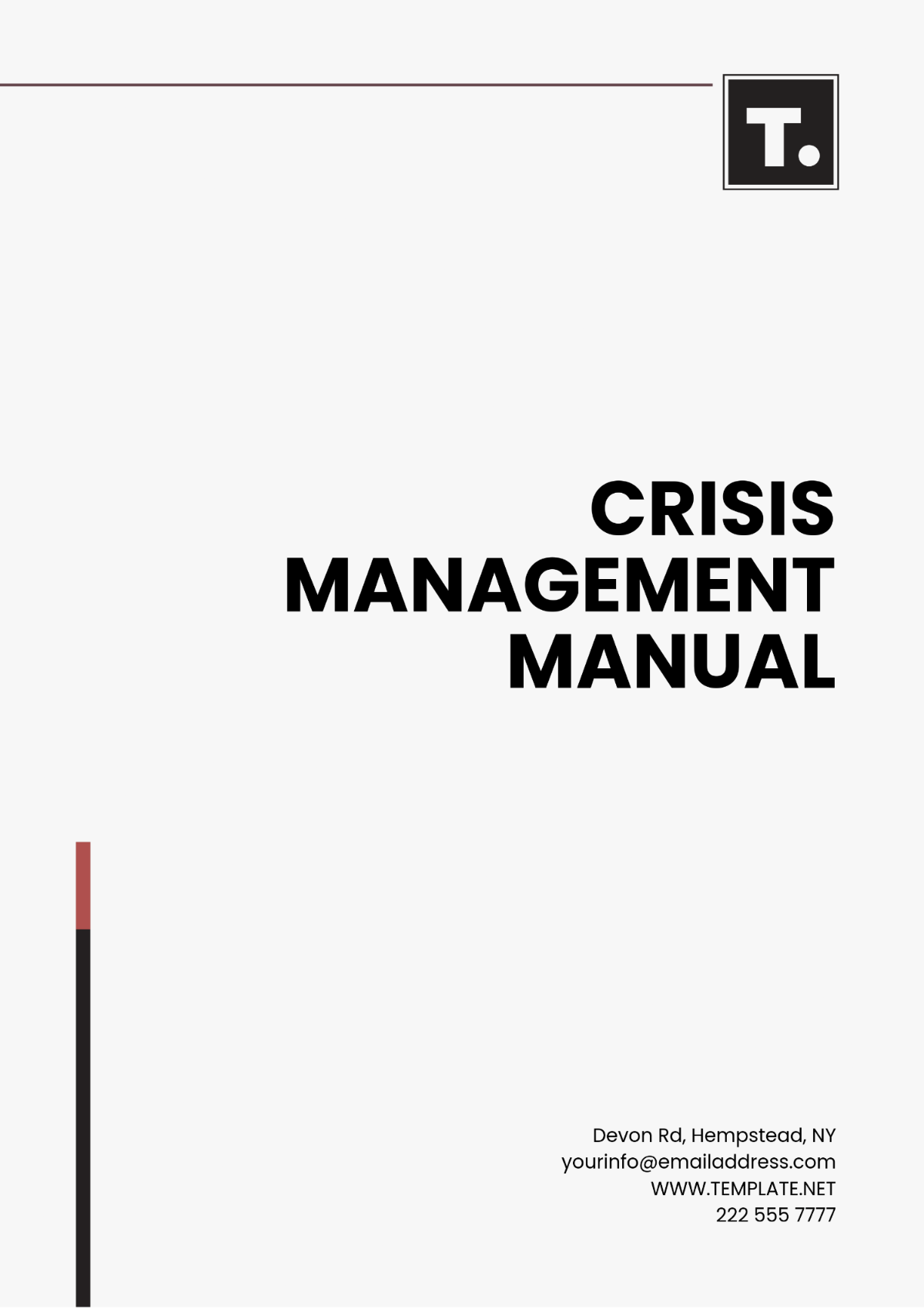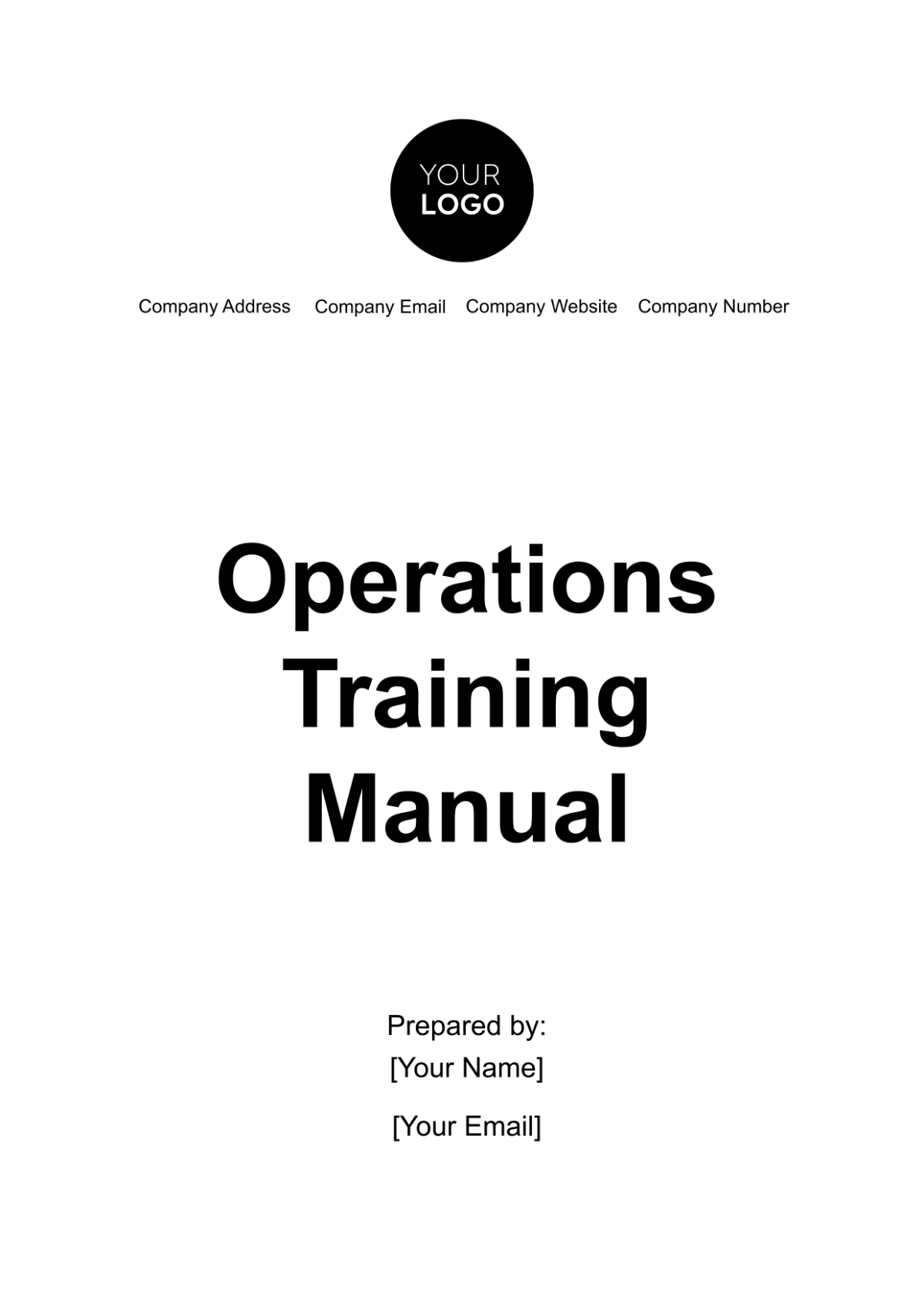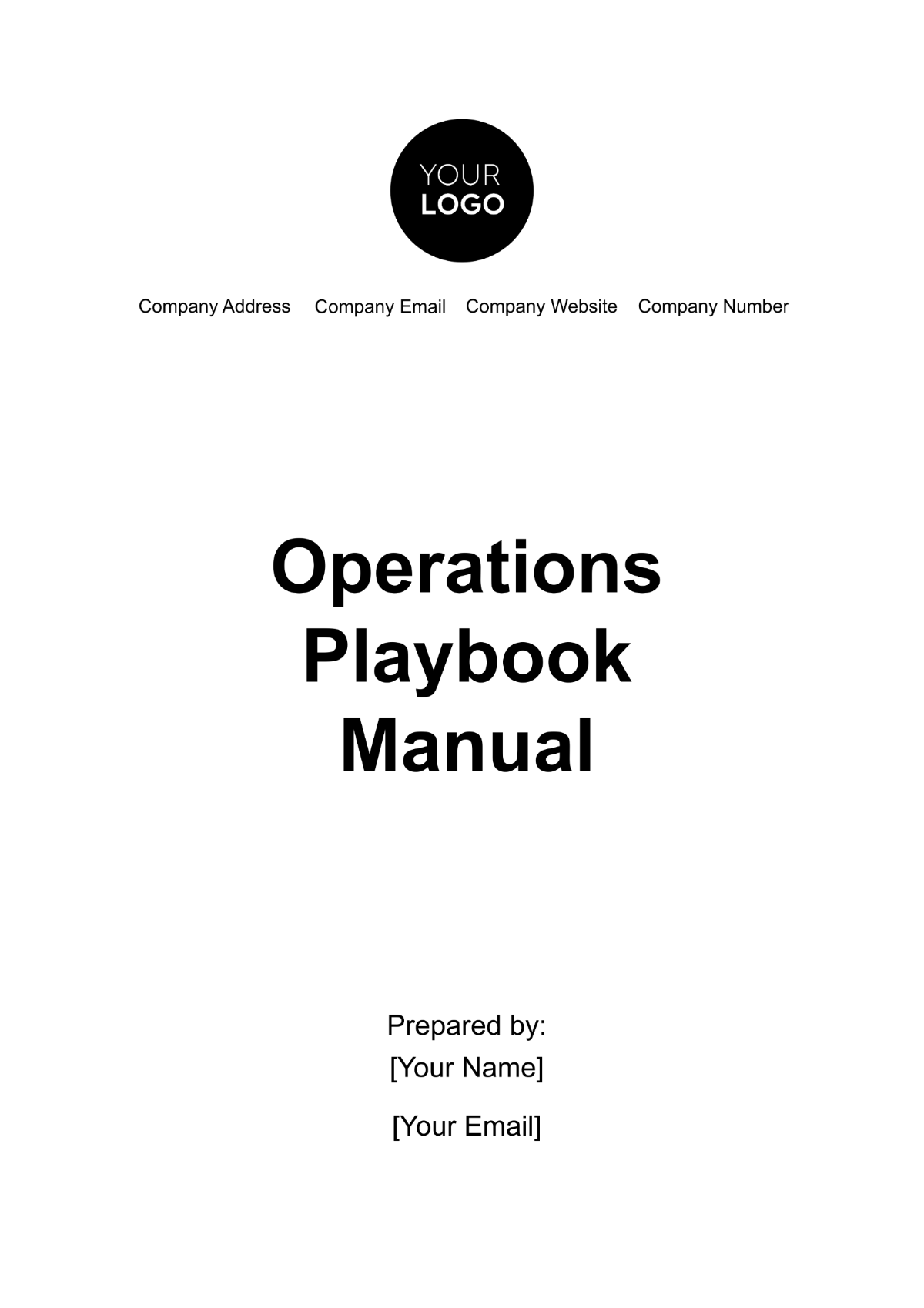Volunteer Manual Chapter Outline
1. Introduction
1.1 Overview
Volunteering is a crucial part of [Your Company Name], and we are excited to have you with us. This manual is your essential resource for understanding our organization, your role, and how to contribute effectively. It covers our policies, procedures, and expectations to help you have a smooth and rewarding volunteer experience.
1.2 Purpose of the Manual
This manual is designed to guide you through your volunteer journey. It provides detailed information about your responsibilities, our organizational policies, and the procedures you'll need to follow. By familiarizing yourself with this guide, you'll be equipped to carry out your duties efficiently and contribute to our mission with confidence.
1.3 How to Use This Manual
Navigate Sections: Refer to the table of contents to locate specific sections. Use the headings and subheadings to find relevant information.
Review Key Sections: Focus on the "Introduction," "Volunteer Roles and Responsibilities," and "Policies and Procedures" to get a solid understanding of your role and our expectations.
Stay Updated: Periodic updates may be made to this manual. Check for any changes to ensure you have the latest information.
2. About the Organization
2.1 Mission and Vision
Mission Statement: Our mission is to provide essential services and support to individuals and families in need. We aim to address critical issues such as food insecurity, housing stability, and educational access.
Vision: We envision a community where everyone has the opportunity to thrive, supported by a network of compassionate and dedicated individuals working together to foster positive change.
2.2 Programs and Services
(a) Primary Programs
Food Assistance: Provides groceries and essential supplies to individuals and families in need.
Educational Support: Offers tutoring and enrichment activities to support students' academic growth.
Homeless Support: Assists individuals experiencing homelessness with shelter, food, and social services.
(b) Services Provided
Resource Distribution: Supplies items such as clothing, hygiene products, and educational materials.
Counseling Services: Offers emotional support and guidance to individuals facing personal challenges.
3. Volunteer Roles and Responsibilities
3.1 Role Descriptions
(a) Available Roles:
Food Pantry Volunteer: Assists with sorting and distributing food items, restocking shelves, and interacting with clients.
Tutoring Volunteer: Provides one-on-one or group tutoring to students, helping with homework and academic skills.
Outreach Volunteer: Engages with the community to promote our programs and services and gather feedback.
(b) Role Purpose: Each role is designed to support different facets of our programs, ensuring that we can deliver our services effectively and efficiently.
3.2 Responsibilities
(a) Daily and Routine Tasks:
Food Pantry Volunteer: Organize food donations, pack grocery bags, and assist clients with selecting items.
Tutoring Volunteer: Prepare lesson plans, assist with student assignments, and monitor academic progress.
Outreach Volunteer: Distribute flyers, attend community events, and follow up with local contacts.
(b) Special Projects: Volunteers may be involved in special events such as fundraising drives, community fairs, or new program launches.
(c) Commitment Expectations: We ask for a minimum commitment of 4 hours per week, with flexibility depending on your role and schedule. Consistent attendance and punctuality are essential for effective program operation.
4. Policies and Procedures
4.1 Code of Conduct
(a) Behavioral Expectations: Volunteers should act with professionalism, respect, and integrity. This includes:
Treating all individuals with respect and dignity.
Adhering to the organization’s guidelines and procedures.
Maintaining a positive and cooperative attitude.
(b) Dress Code: Wear appropriate attire for your role. For instance:
Food Pantry Volunteer: Casual, comfortable clothing suitable for physical tasks.
Tutoring Volunteer: Business casual or comfortable clothing appropriate for an educational setting.
(c) Conflict Resolution: Address any conflicts directly and professionally with the involved parties. If needed, seek assistance from your supervisor or the Volunteer Coordinator.
4.2 Attendance and Punctuality
Attendance Policies: Volunteers are expected to adhere to their scheduled shifts and notify their supervisor in advance if they are unable to attend.
Reporting Absences: Inform your supervisor of any absences or delays through email or phone at least 24 hours in advance to allow for adjustments.
4.3 Safety and Emergency Procedures
(a) Safety Protocols: Follow all safety guidelines including:
Proper handling and storage of food items.
Adhering to safety signs and emergency exits.
(b) Emergency Procedures: In case of an emergency:
Fire: Evacuate the building using the nearest exit and gather at the designated assembly point.
Medical Emergency: Provide first aid if you are trained, call emergency services, and notify a supervisor immediately.
5. Training and Development
5.1 Orientation
(a) Orientation Process: New volunteers will participate in an orientation session covering:
An overview of the organization’s mission and operations.
Detailed information about your role and responsibilities.
Review of policies and procedures.
(b) Duration and Content: The orientation lasts approximately 3 hours and includes interactive components and practical training.
5.2 Ongoing Training
(a) Continuous Learning: We offer ongoing training opportunities such as:
Workshops: Regular workshops on relevant topics to enhance skills.
Webinars: Online training sessions for skill development and updates.
(b) Skill Enhancement: Training helps volunteers stay informed about best practices and any changes in organizational procedures.
5.3 Development Programs
(a) Personal and Professional Growth: We provide development programs including:
Leadership Training: Courses to develop leadership and management skills.
Career Development: Opportunities for gaining new skills and experiences relevant to career goals.
(b) Participation: Volunteers are encouraged to engage in these programs to further their personal and professional development.
6. Communication Protocols
6.1 Internal Communication
Communication Channels: Use email, internal messaging systems, and meetings for communication. Important updates and announcements will be shared through these channels to keep everyone informed and aligned.
Response Time: Aim to respond to communications within 24 hours to ensure effective and timely interactions. Prompt responses help maintain smooth operations and address any issues quickly.
6.2 Feedback Mechanisms
Providing Feedback: Share feedback through feedback forms, surveys, and meetings. Your input is essential for improving our programs and volunteer experience. Regular feedback sessions may also be held to gather insights and suggestions.
Handling Feedback: Feedback is reviewed by the Volunteer Coordinator, and actions are taken based on the suggestions provided. Constructive feedback is used to enhance our programs, address any concerns, and recognize areas for improvement.
7. Recognition and Rewards
7.1 Volunteer Appreciation
(a) Recognition: We recognize and appreciate volunteer efforts through:
Thank-You Notes: Personalized notes expressing our gratitude for your contributions.
Appreciation Events: Special events to celebrate and acknowledge volunteer achievements.
(b) Events: Regular appreciation events are held to honor and celebrate the hard work of our volunteers.
7.2 Reward Programs
(a) Incentives: We offer reward programs including:
Volunteer of the Month: Recognition for exceptional performance and dedication.
Certificates of Appreciation: Formal recognition for significant contributions.
(b) Eligibility: Volunteers who consistently demonstrate outstanding performance are considered for these rewards.
8. Wrap-Up
8.1 Summary
This manual provides a comprehensive overview of your volunteer experience with us. It covers essential information about your role, organizational policies, and available resources. We are committed to supporting you and ensuring a fulfilling volunteer experience.
8.2 Contact Information
For any questions or further assistance, please contact:
[Your Name]
Volunteer Coordinator
Email: [Your Email]
Phone: [Your Company Number]
